Blanca Berlin
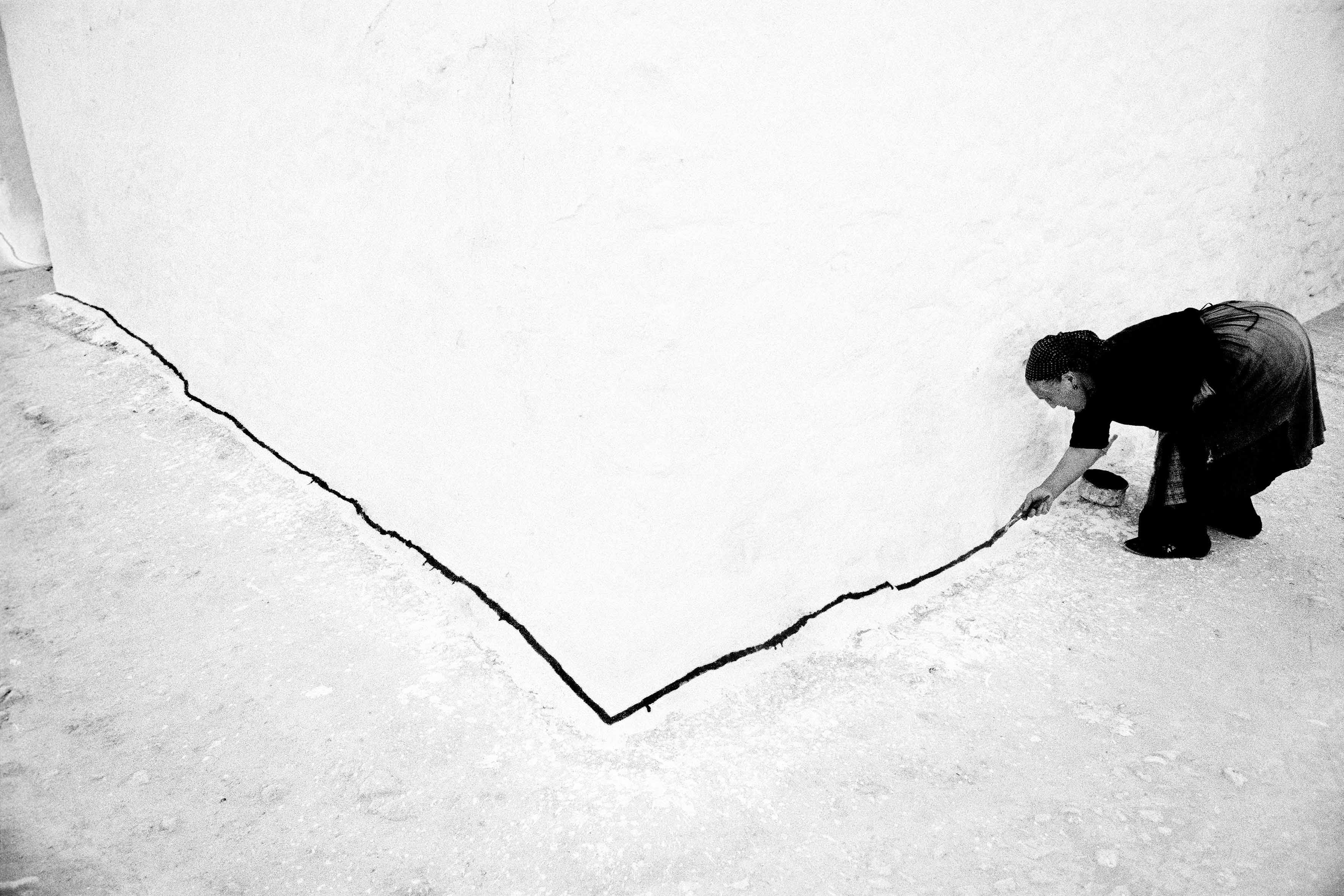
Website: www.blancaberlingaleria.com
Email: galeria@blancaberlingaleria.com
Address: calle limon, 28.
presented works
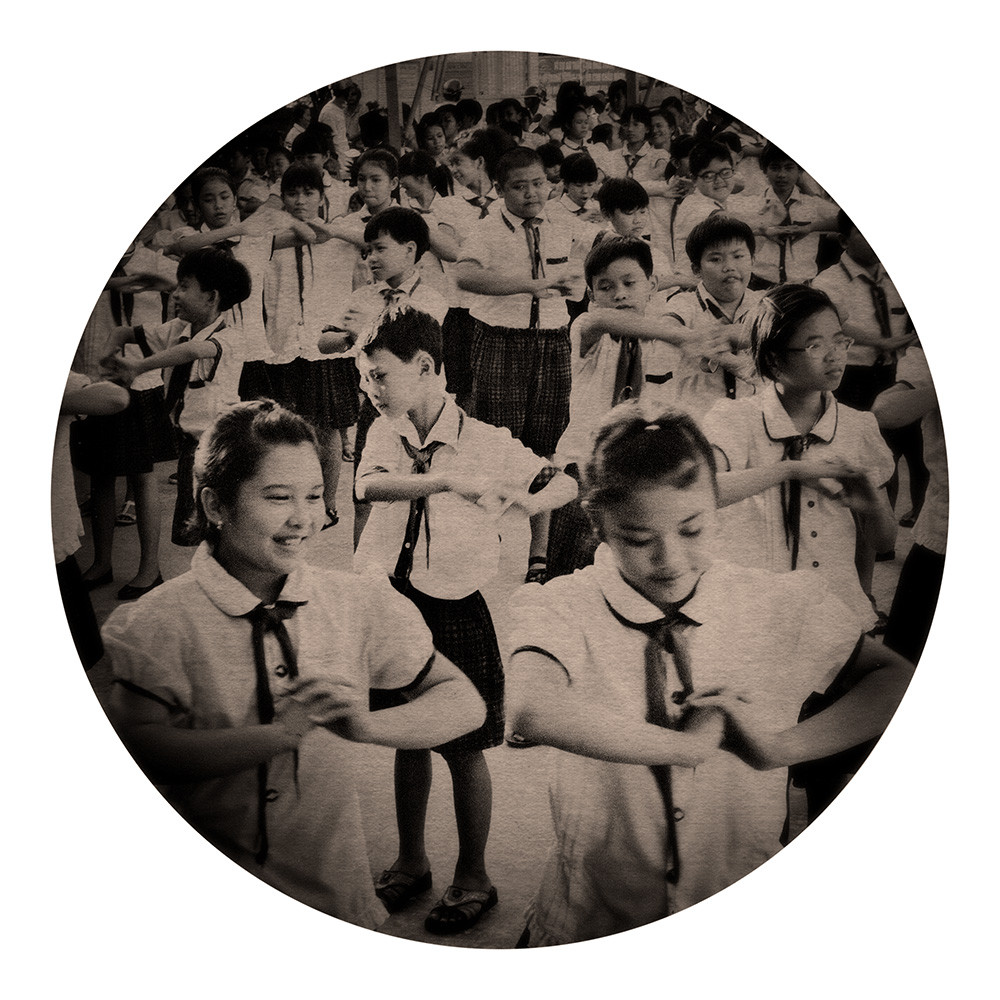
FLORE
De Saidec a Saigón series, 2017
Platinum with tea treatment. Lead frame and museum glass made by the author
12 cm
Ed. 10
Price: 750 €
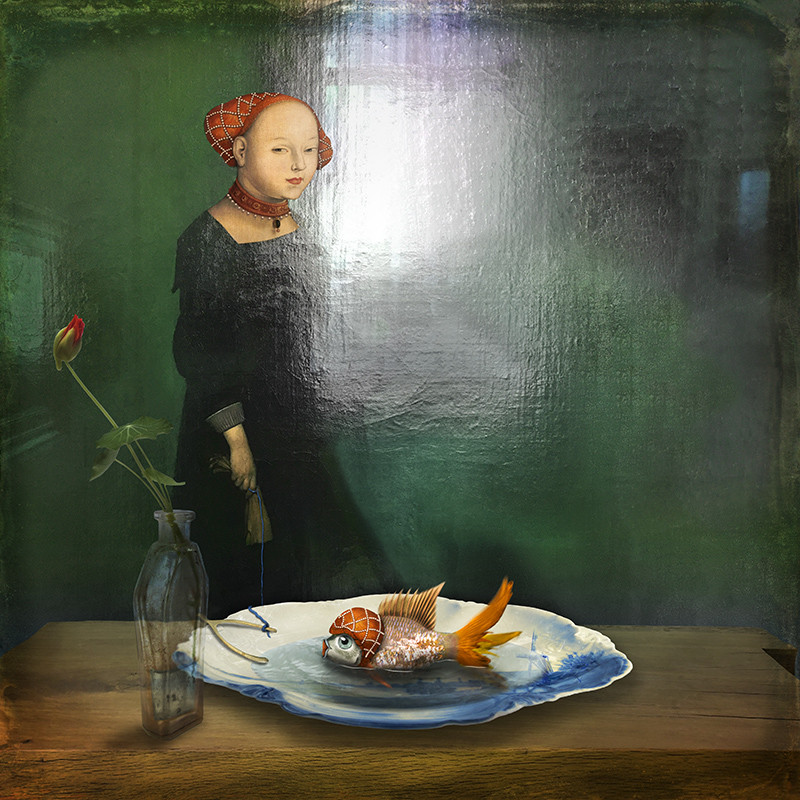
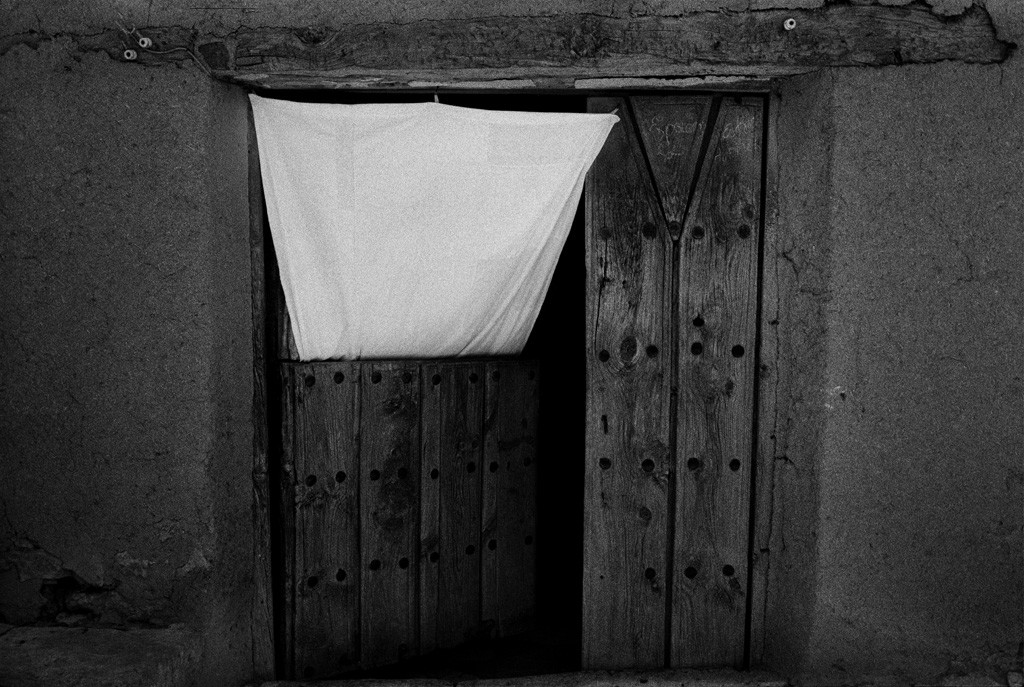
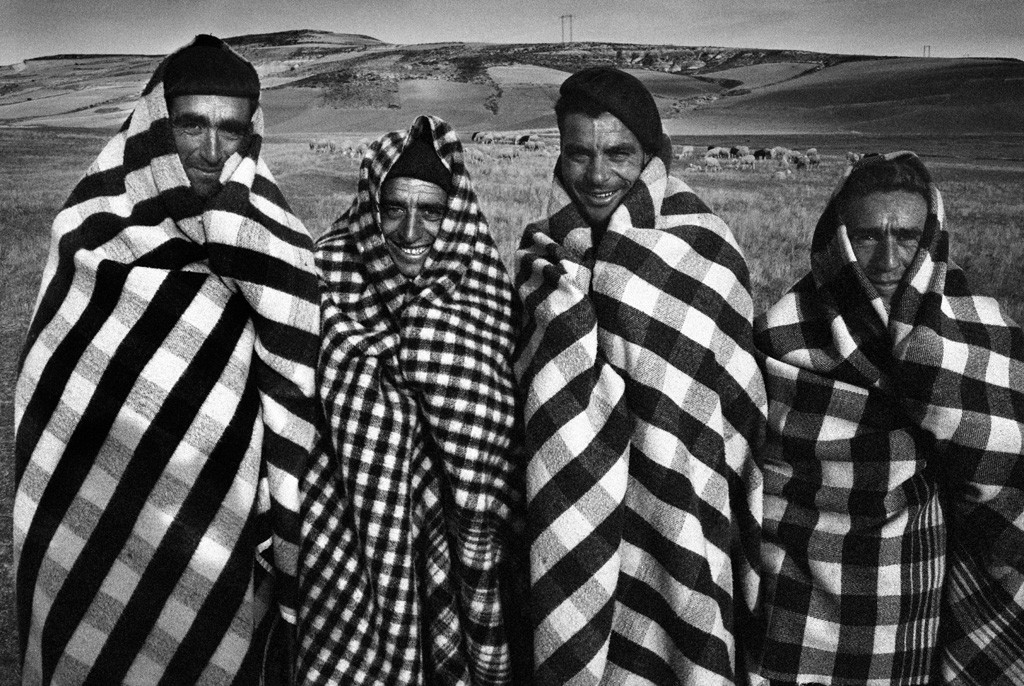
Ramón Masats
Tierra de Campos 1962
Silver gelatin with archival selenium treatment
30 x 40 cm
Price: 2.500 €
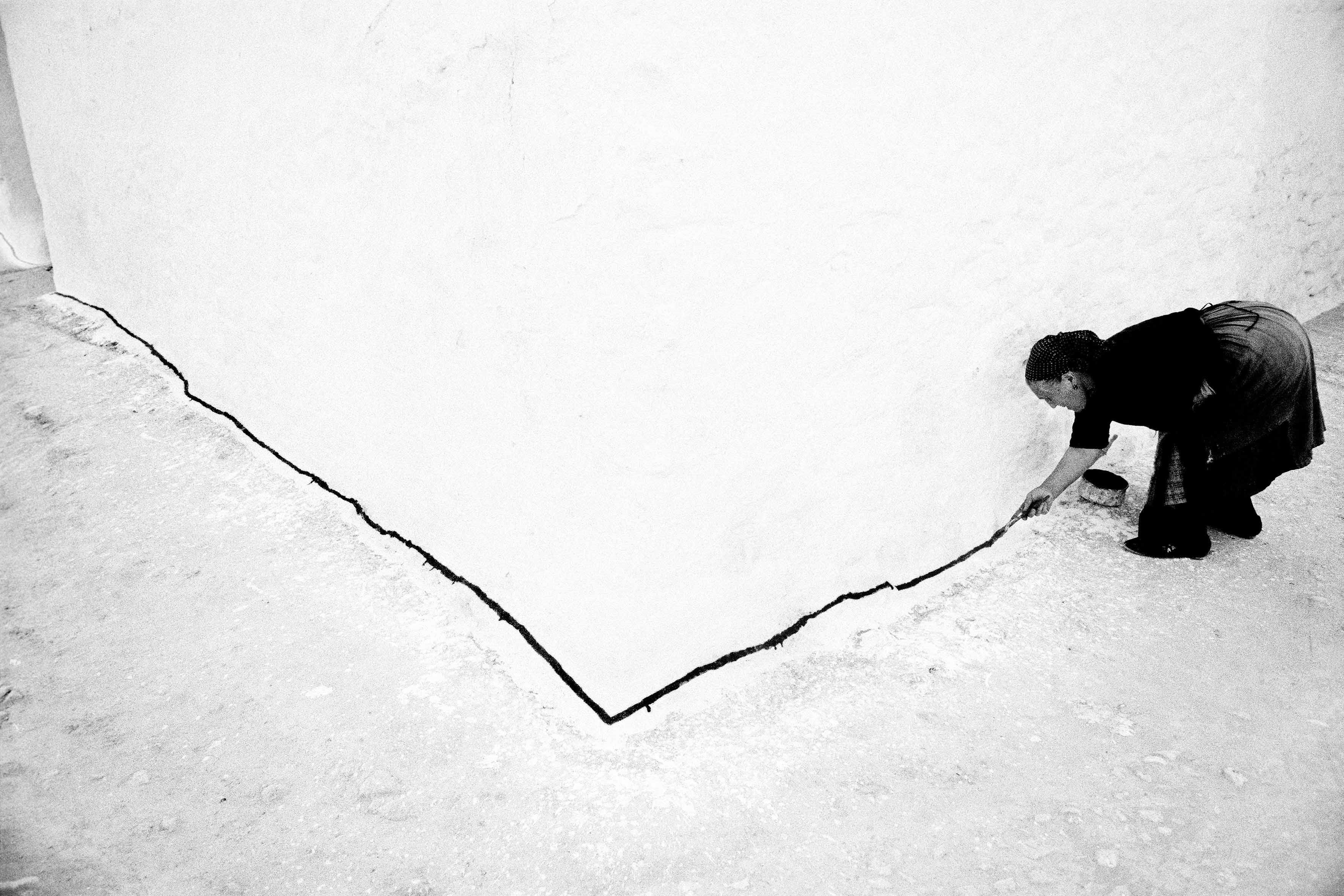
Ramón Masats
Tomelloso. Ciudad Real
1960
Silver gelatine with archival selenium treatment.
30 x 40 cm
Price: 4.900 €
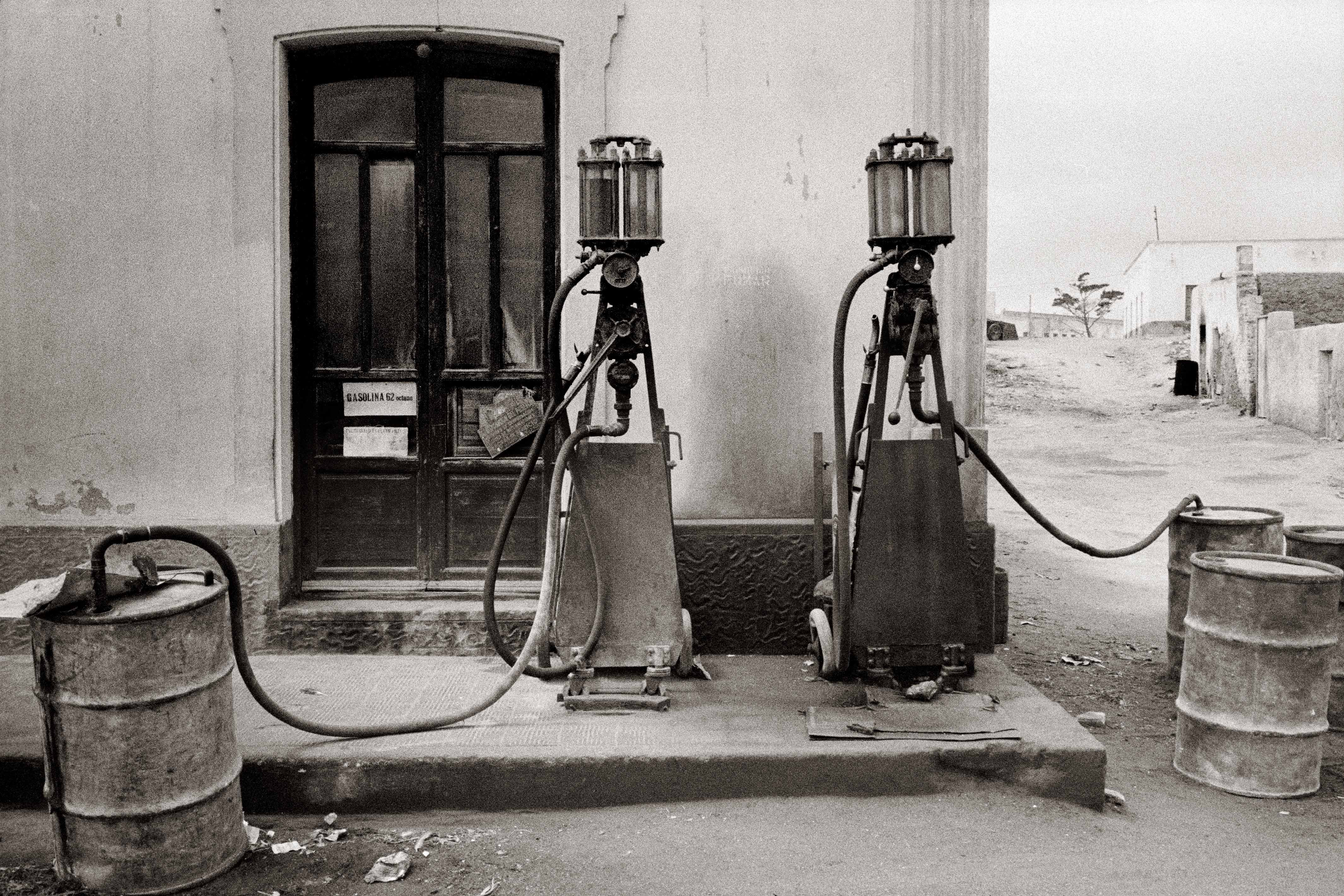
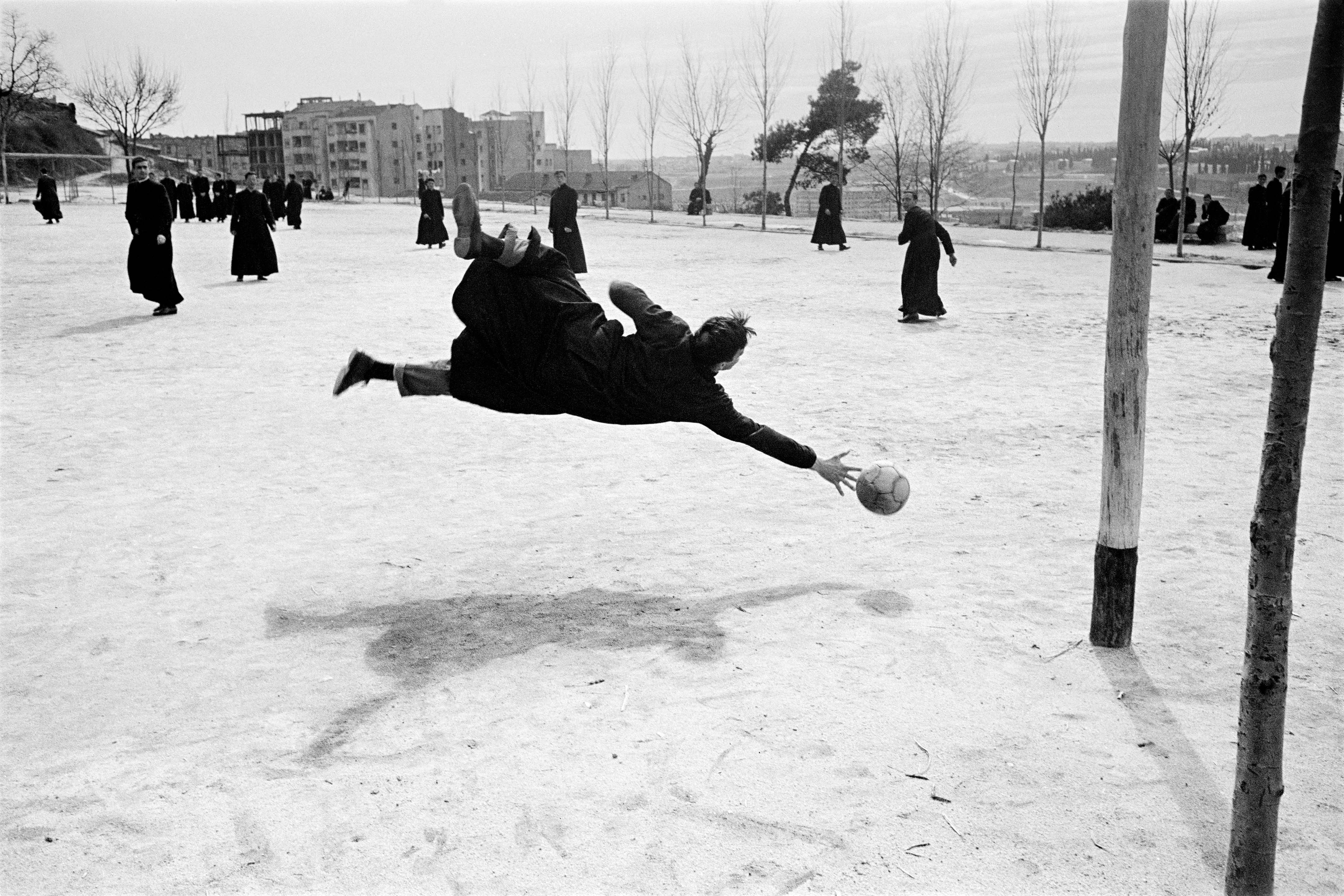
Ramón Masats
Seminario. Madrid
1960
Silver gelatine with archival selenium treatment.
30 x 40 cm
Price: 4.900 €
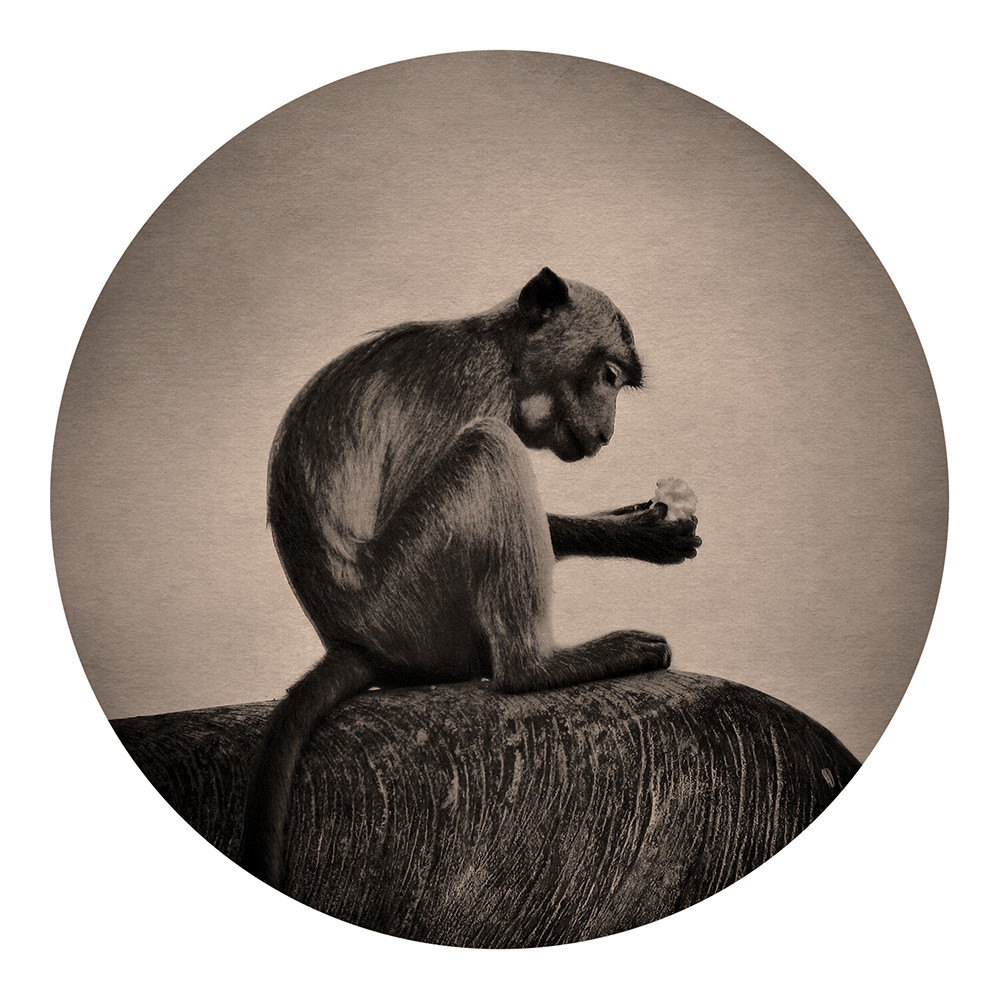
FLORE
De Saidec a Saigón series, 2017
Platinum with tea treatment. Lead frame and museum glass made by the author
12 cm
Ed. 10
Price: 750 € (each)
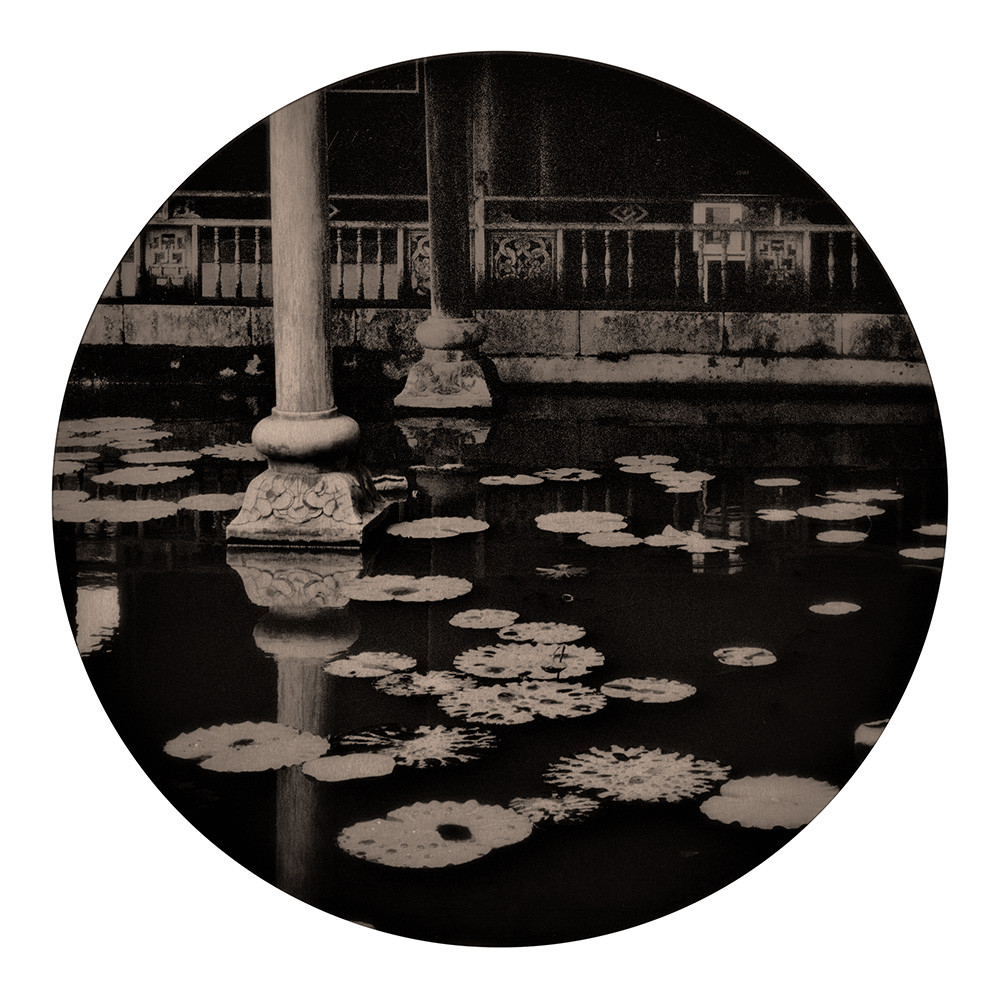
FLORE
De Saidec a Saigón series, 2017
Platinum with tea treatment. Lead frame and museum glass made by the author
12 cm
Ed. 10
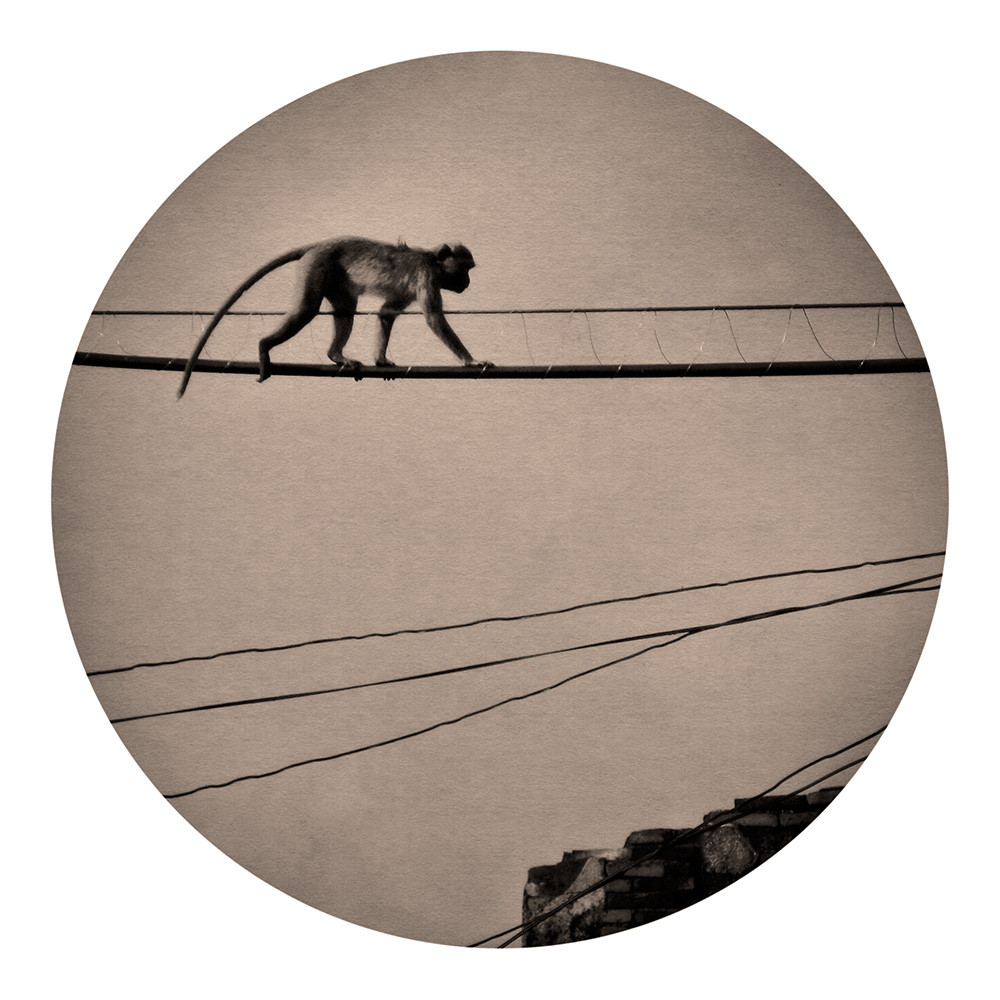
FLORE
De Saidec a Saigón series, 2017
Platinum with tea treatment. Lead frame and museum glass made by the author
12 cm
Ed. 10
Price: 750 € (each)
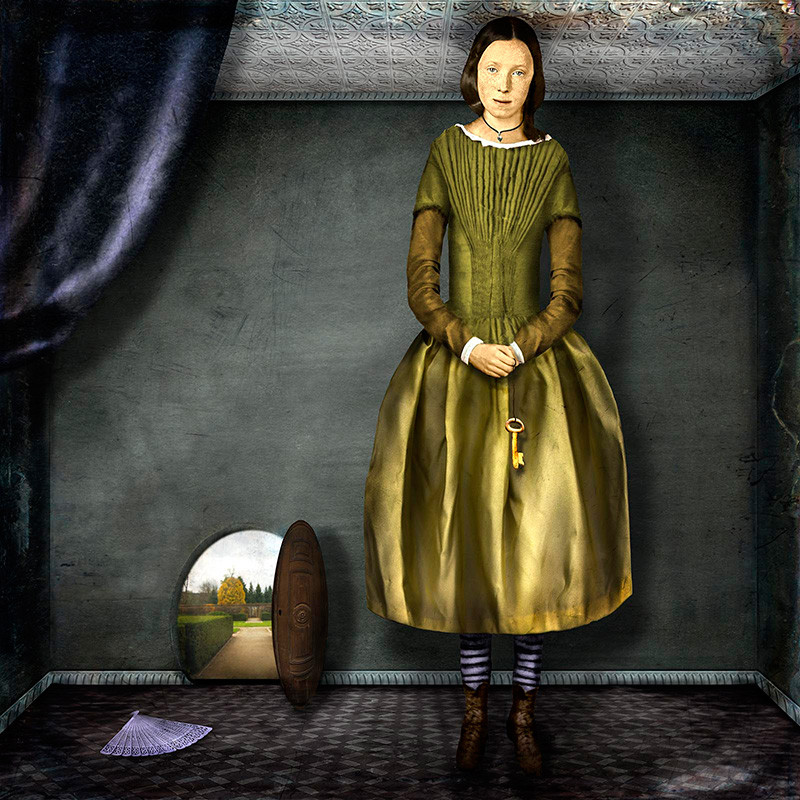
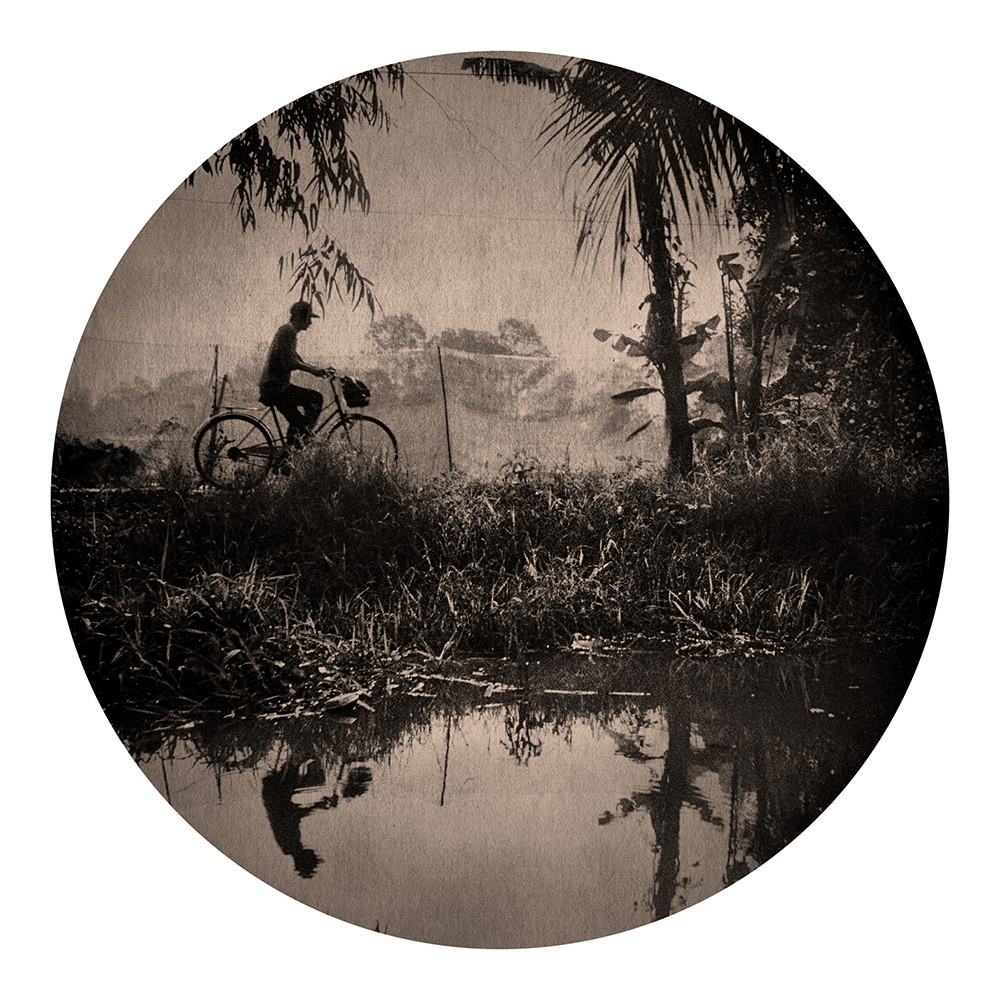
FLORE, 2017
S/T. FL-763 De Sadec a Saigón (ORE00116.001)
Platinum with tea treatment. Lead frame and museum glass made by the author
30 cm.
Ed. 1 / 7
Price: 2.100 €
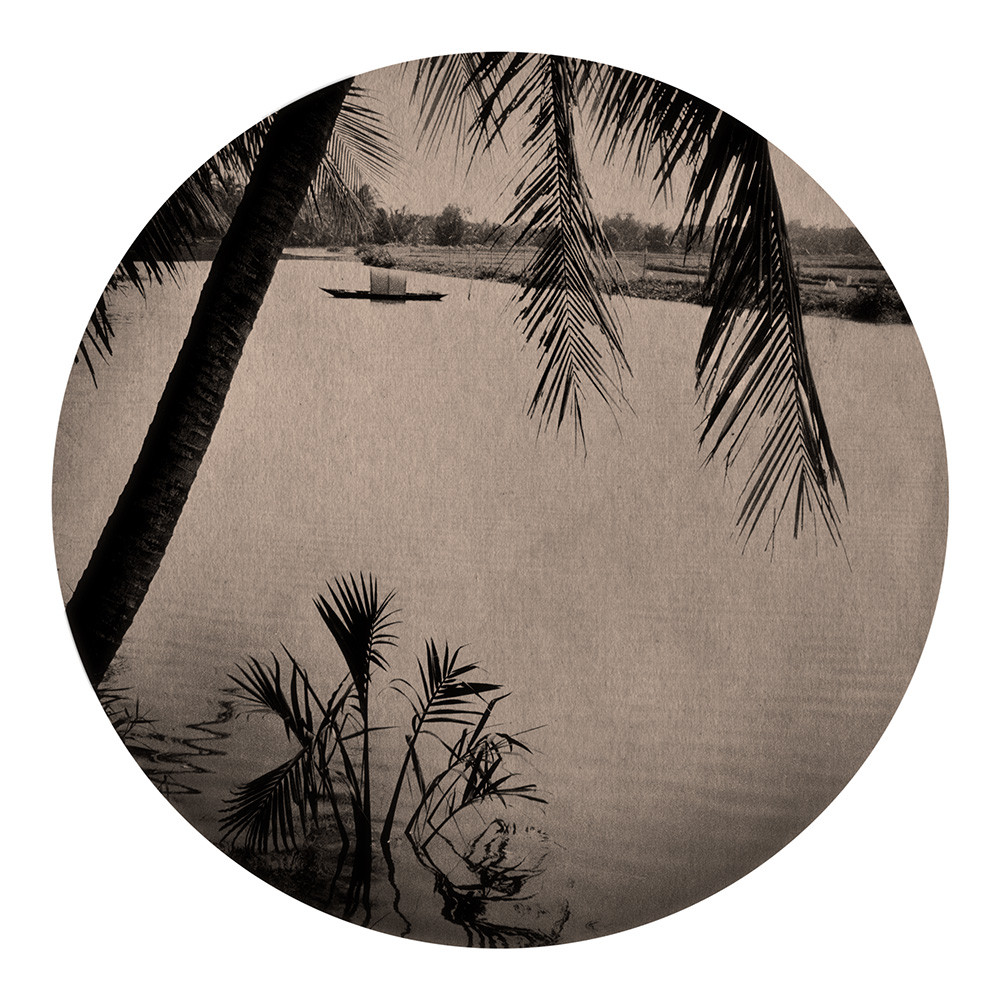
FLORE
De Saidec a Saigón series, 2017
Platinum with tea treatment. Lead frame and museum glass made by the author
12 cm
Ed. 10
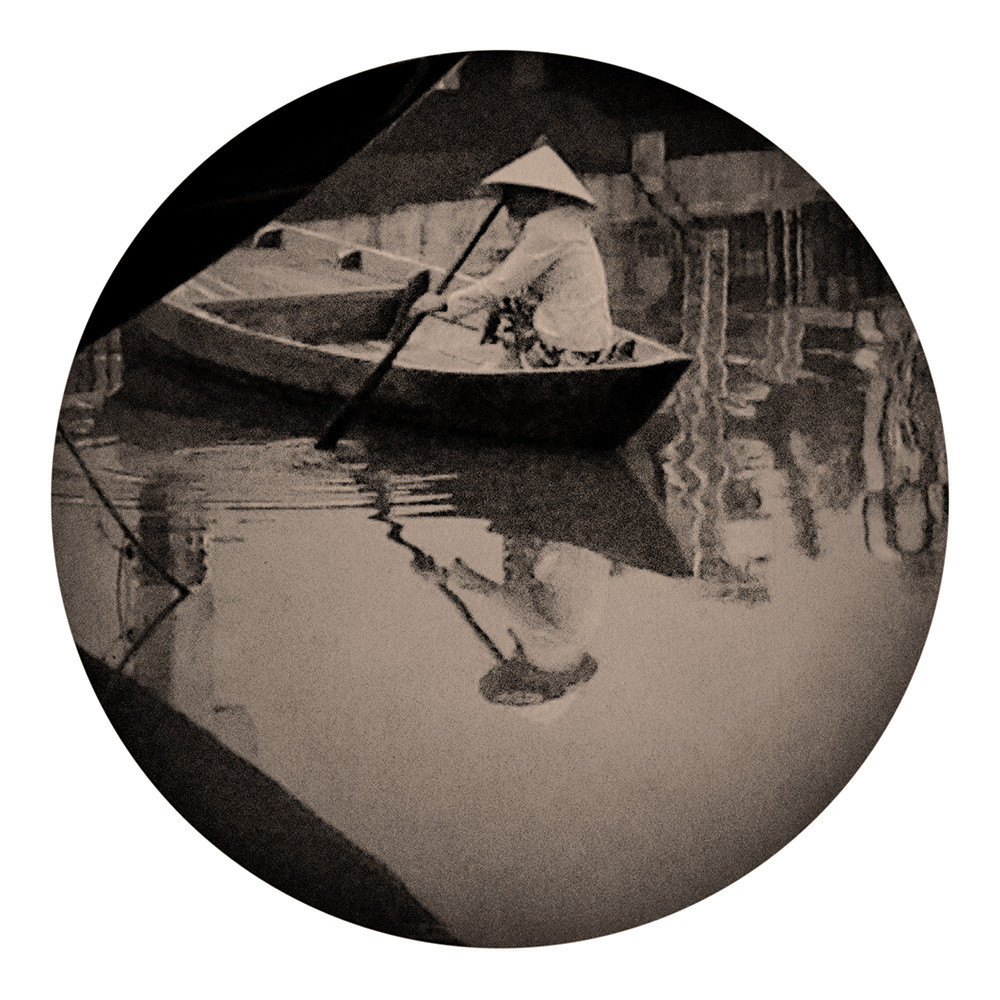
FLORE
De Saidec a Saigón series, 2017
Platinum with tea treatment. Lead frame and museum glass made by the author
12 cm
Ed. 10
Price: 750 €
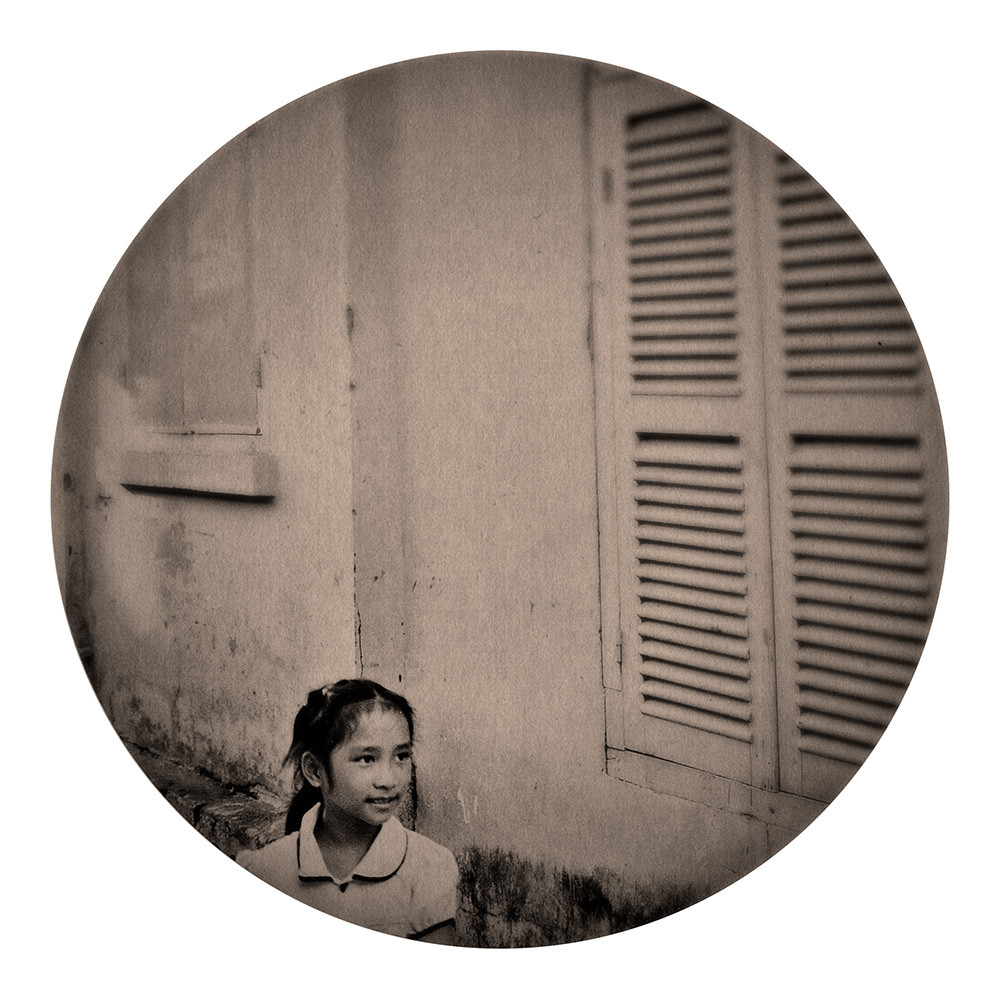
FLORE, 2017
S/T. FL-766 De Sadec a Saigón (ORE00118.001)
Platinum with tea treatment. Lead frame and museum glass made by the author
30 cm.
Ed. 1 / 7
Price: 2.100 €
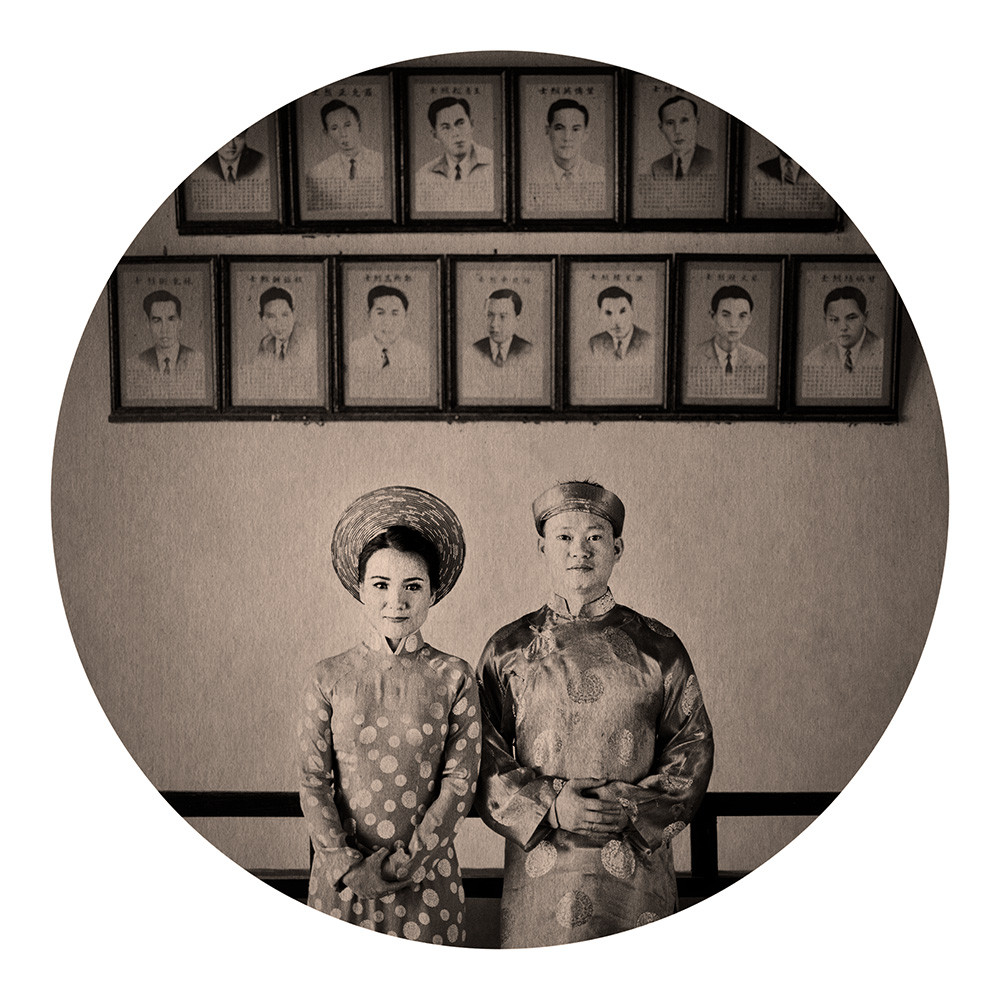
FLORE
De Saidec a Saigón series, 2017
Platinum with tea treatment. Lead frame and museum glass made by the author
12 cm
Ed. 10
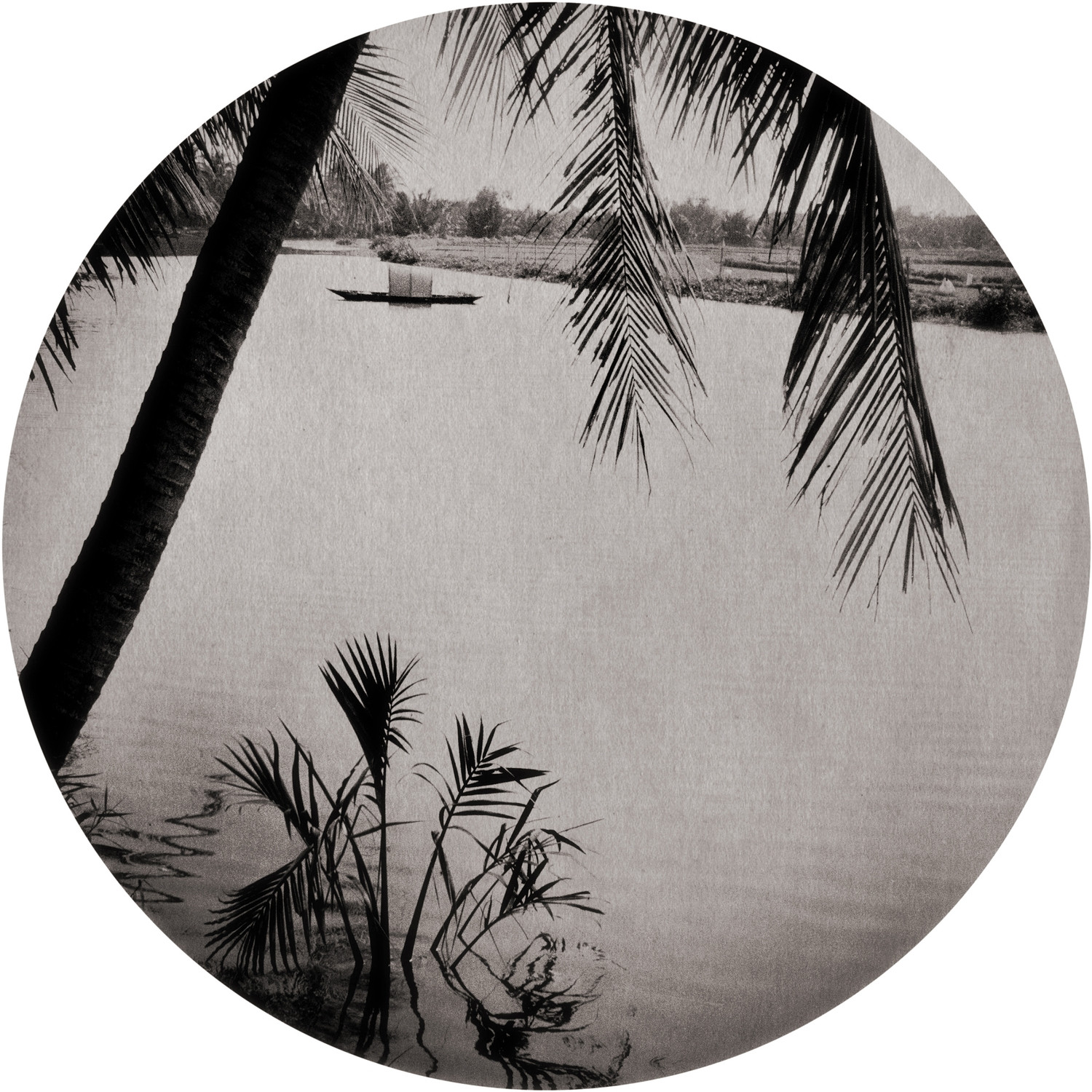
FLORE
De Saidec a Saigón series, 2017
Platinum with tea treatment. Lead frame and museum glass made by the author
12 cm
Ed. 10
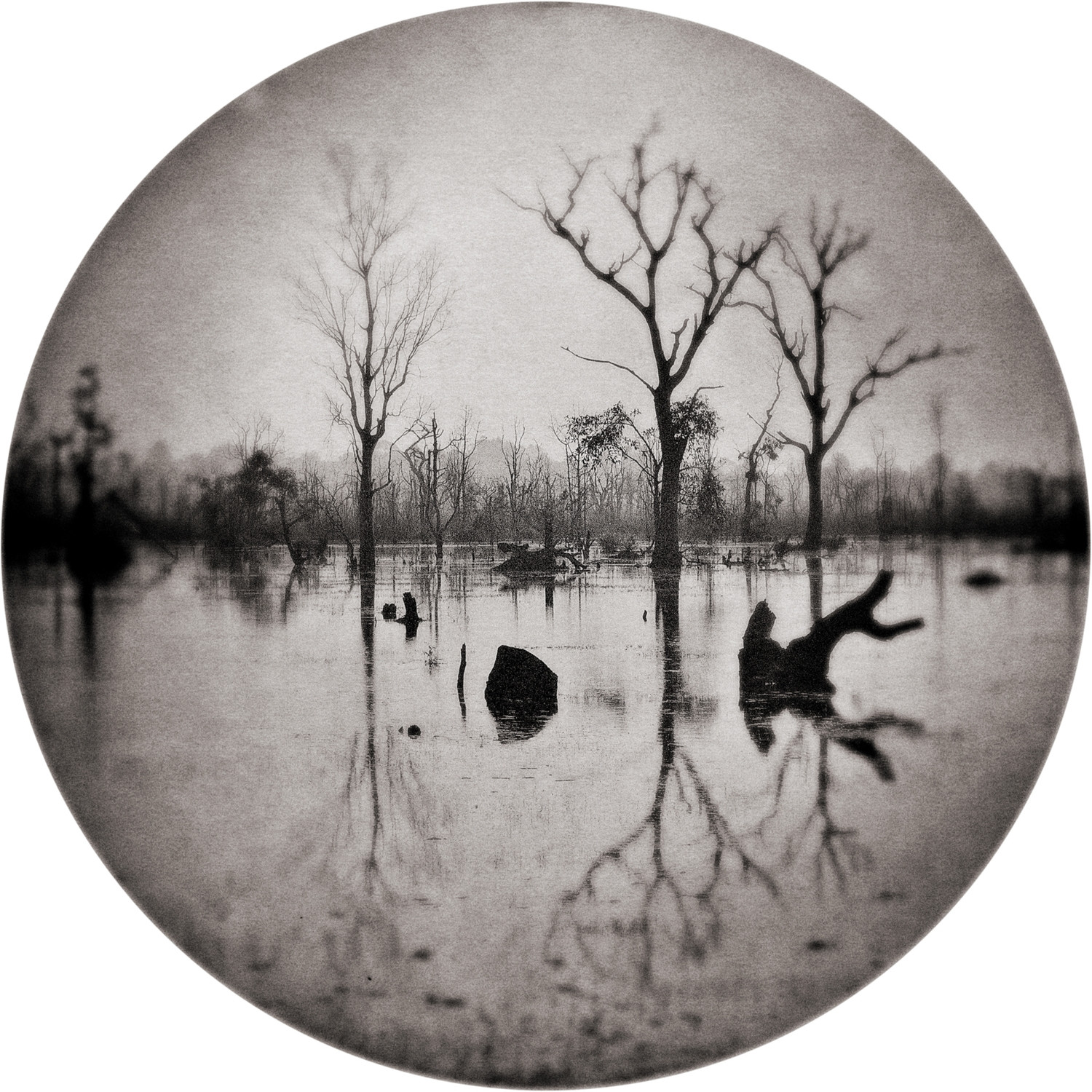
FLORE, 2017
S/T. FL-753 De Sadec a Saigón (ORE00117.001)
Platinum with tea treatment. Lead frame and museum glass made by the author
30 cm.
Ed. 1 / 7
Price: 2.100 €
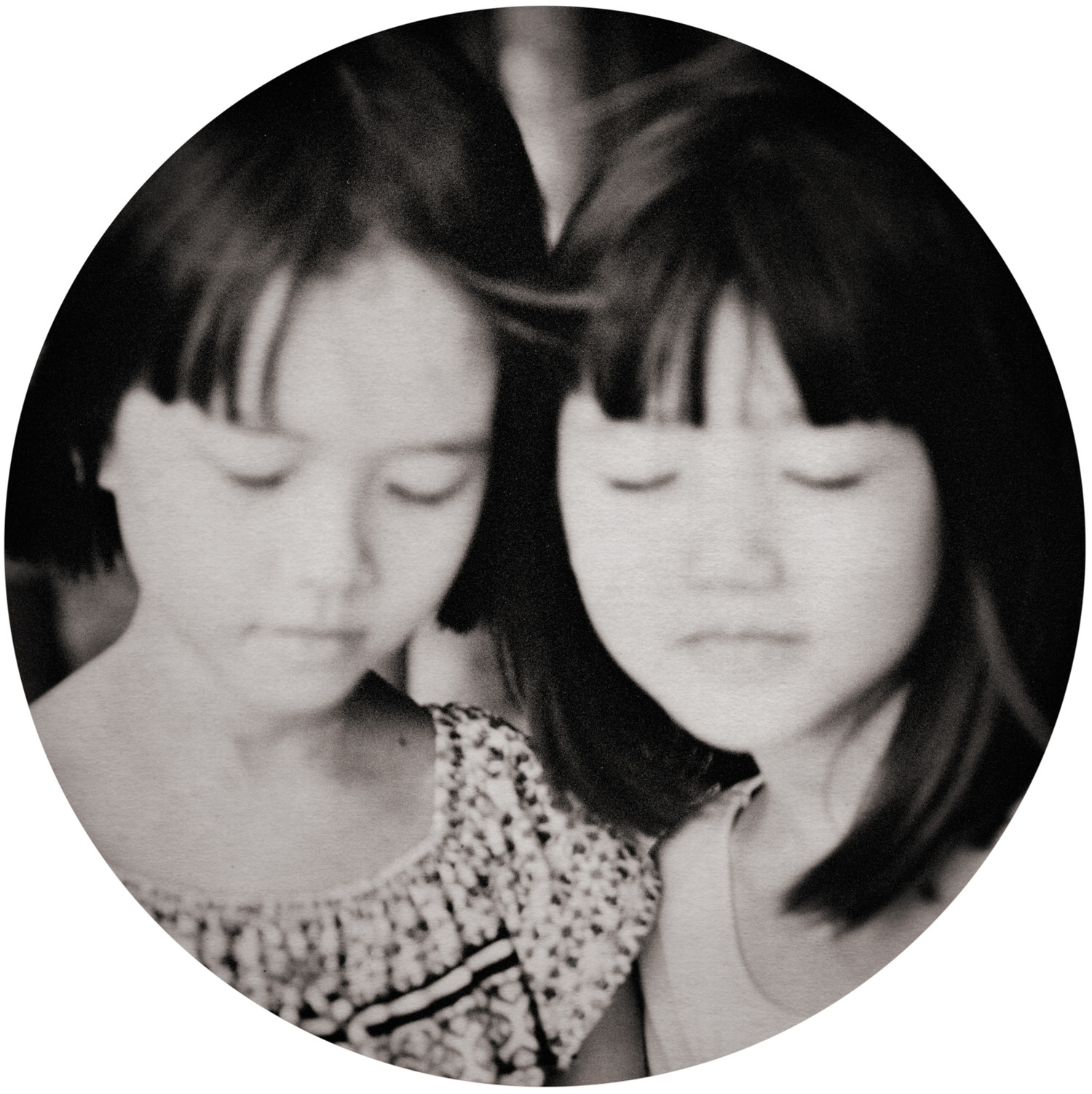
FLORE
De Saidec a Saigón series, 2017
Platinum with tea treatment. Lead frame and museum glass made by the author
12 cm
Ed. 10
Price: 750 €
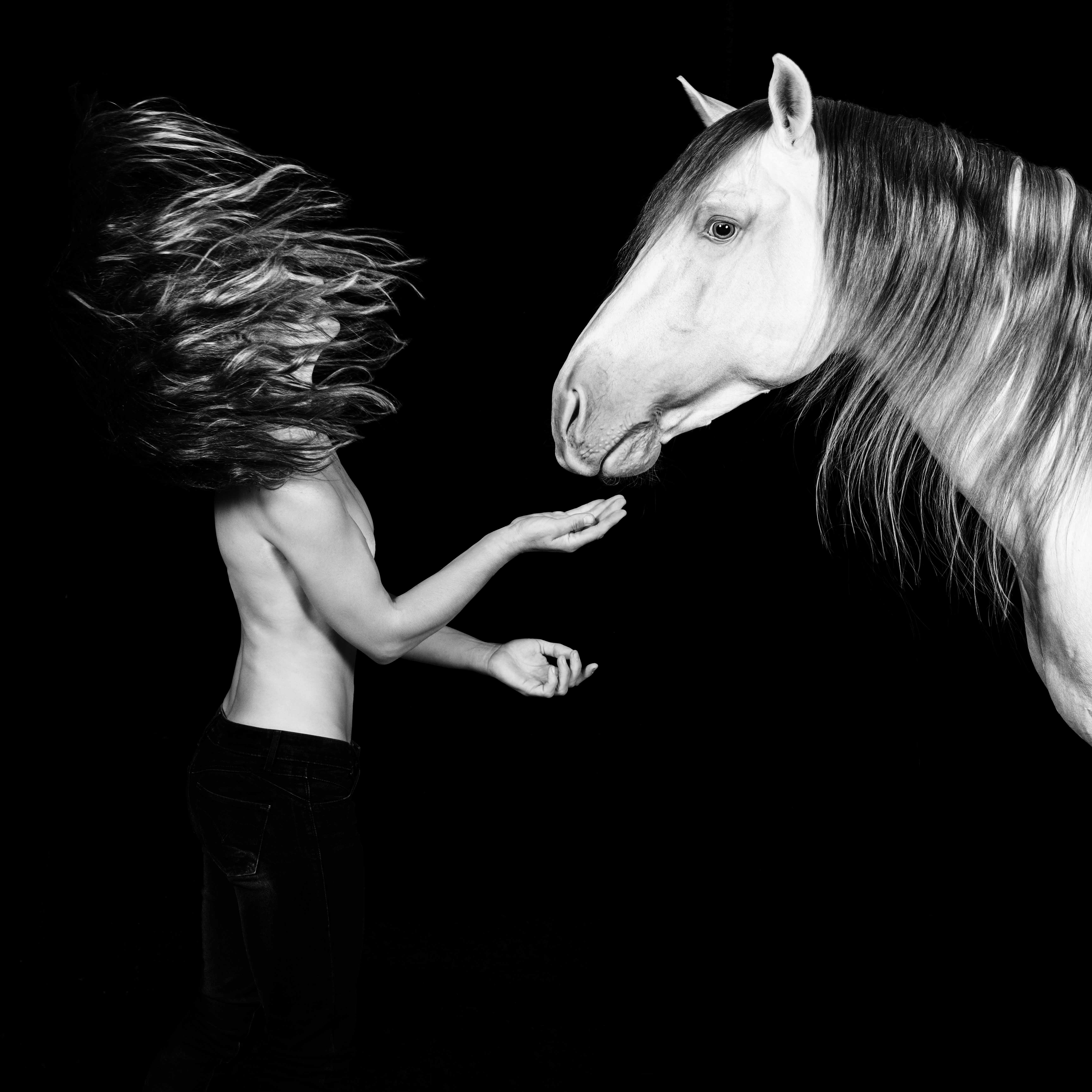
Isabel Muñoz
Los españoles series
2020
Platinum print
40 x 40 cm
Ed. CC
Price: 1.850 €
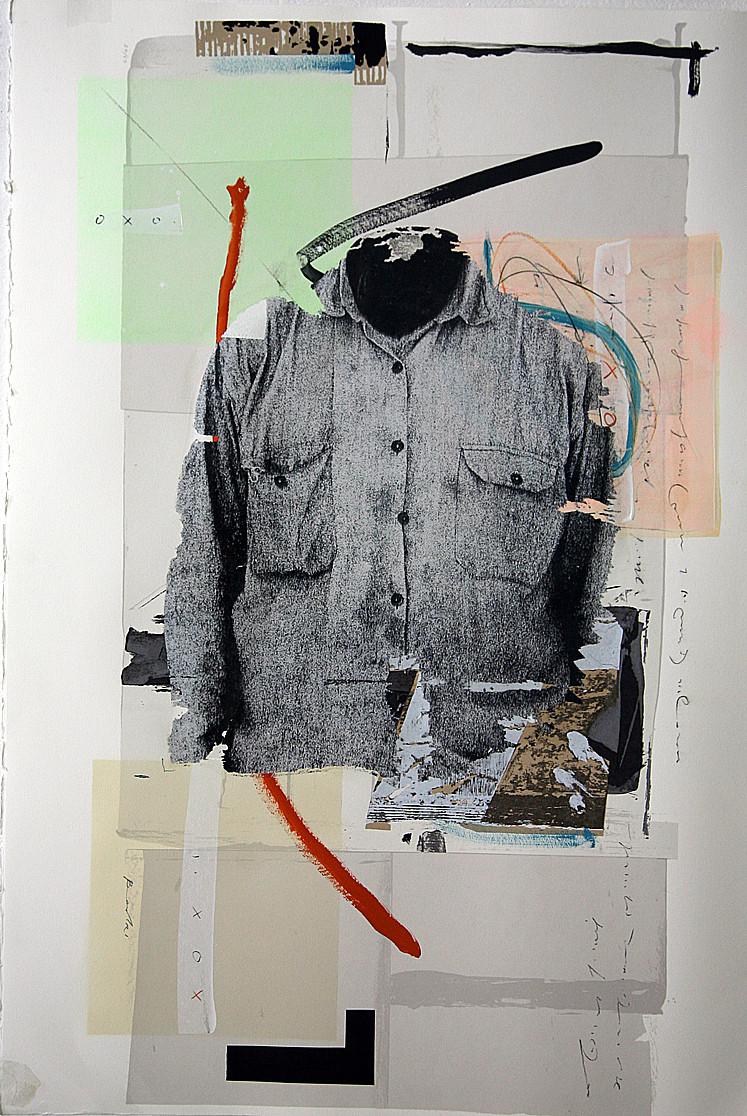
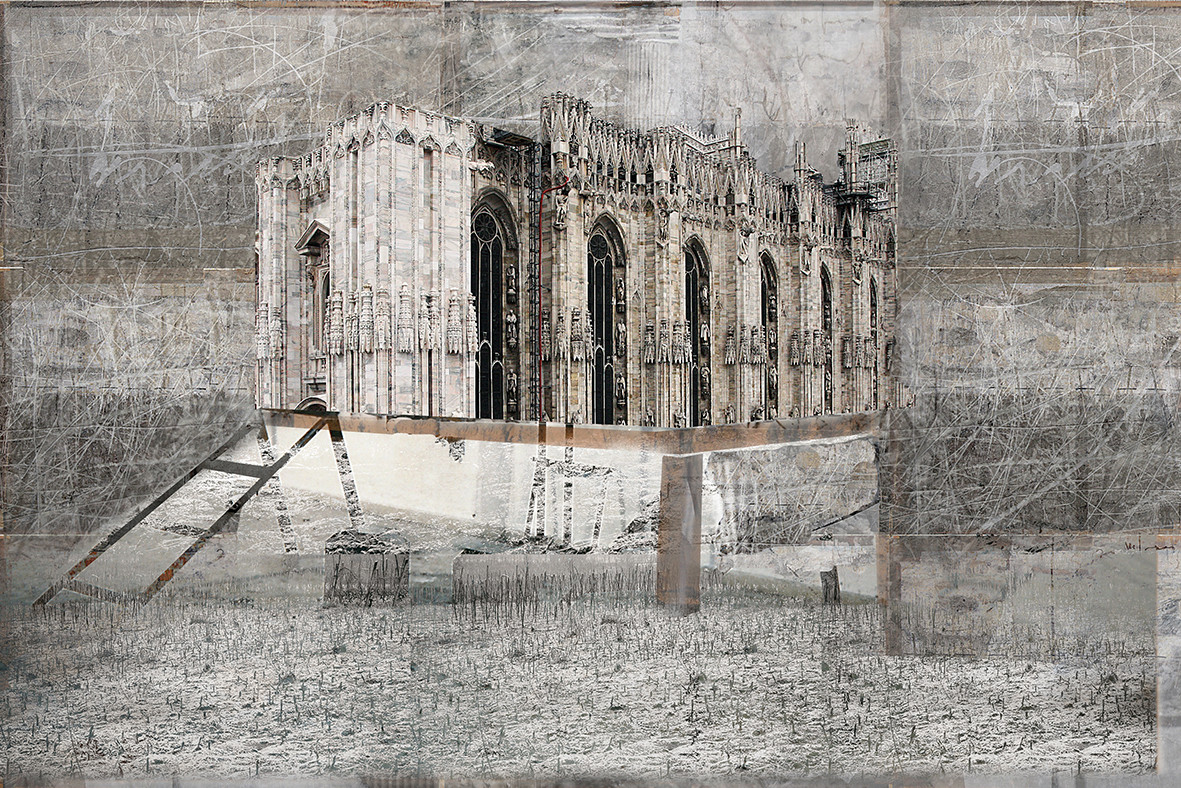
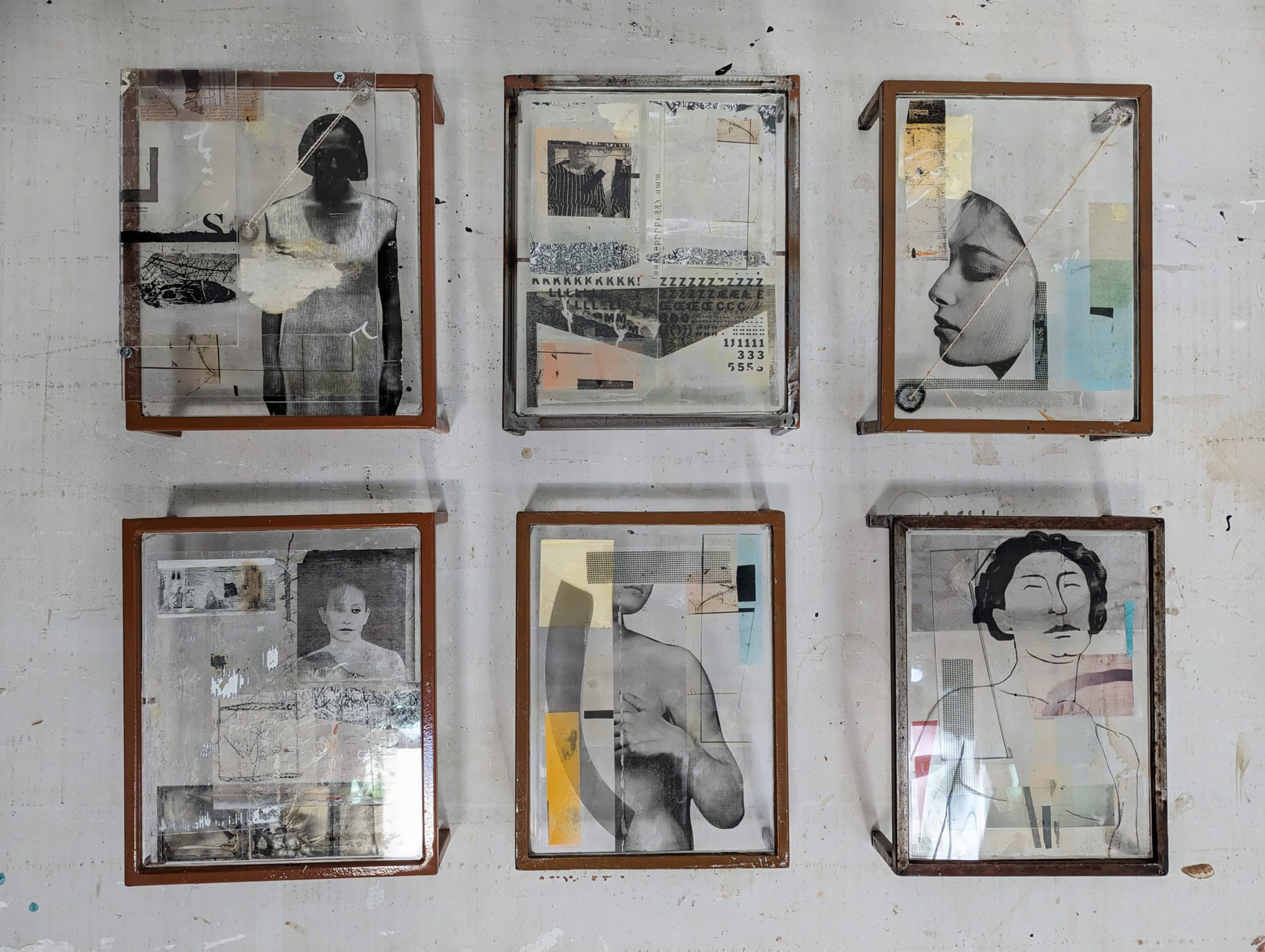
Badri
ST
2024
Mixed technique (transparent methacrylate, acetate, iron)
26 x 22 cm
Ed. Unique
Price: 1.100 € (each)
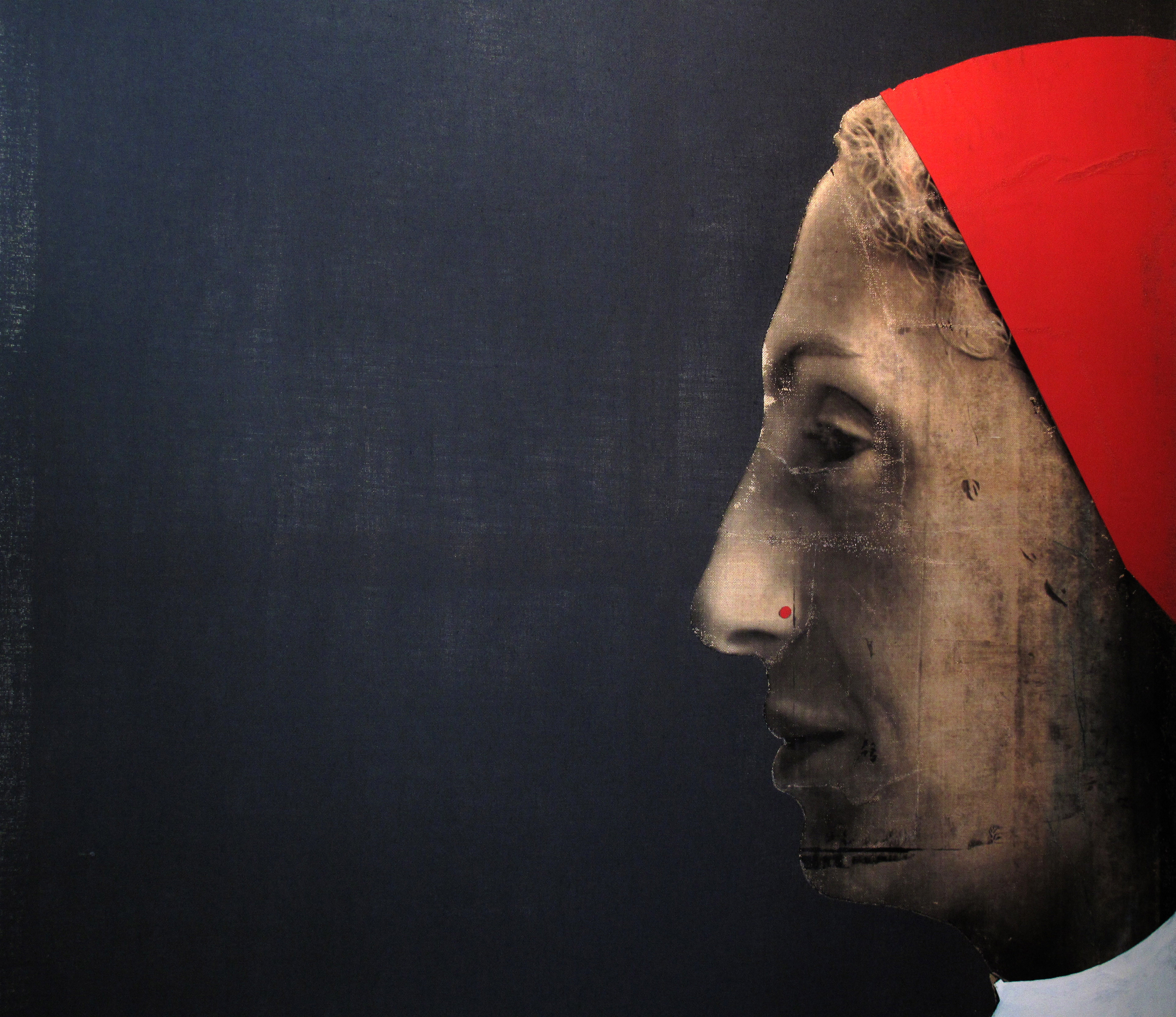
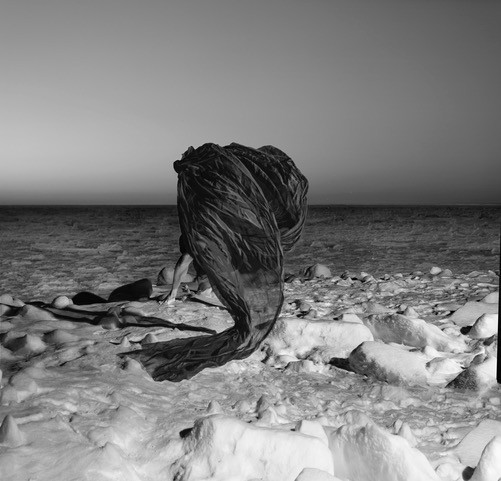
Isabel Muñoz
Japan series
2020
Platinotipia / Platinum print
40 x 40 cm
Ed. CC
Price: 1.850 €
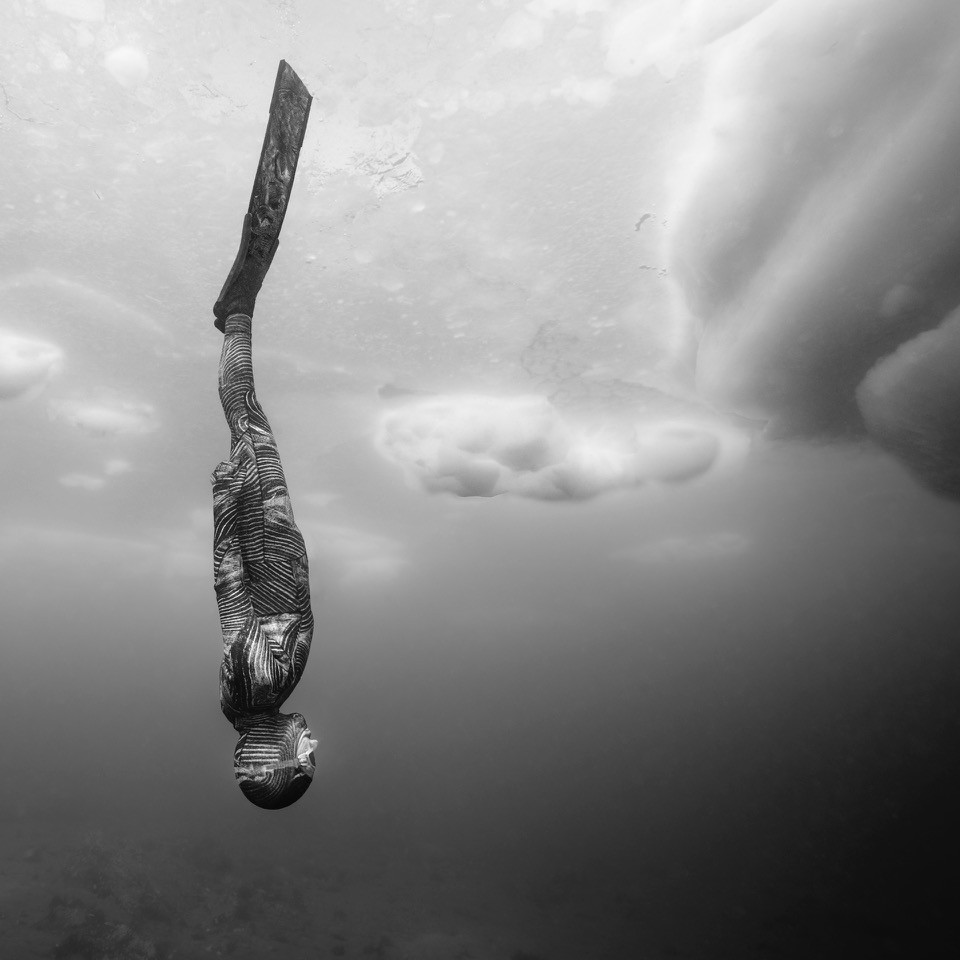
Isabel Muñoz
Japan series
2020
Platinotipia / Platinum print
40 x 40 cm
Ed. CC
Price: 1.850 €
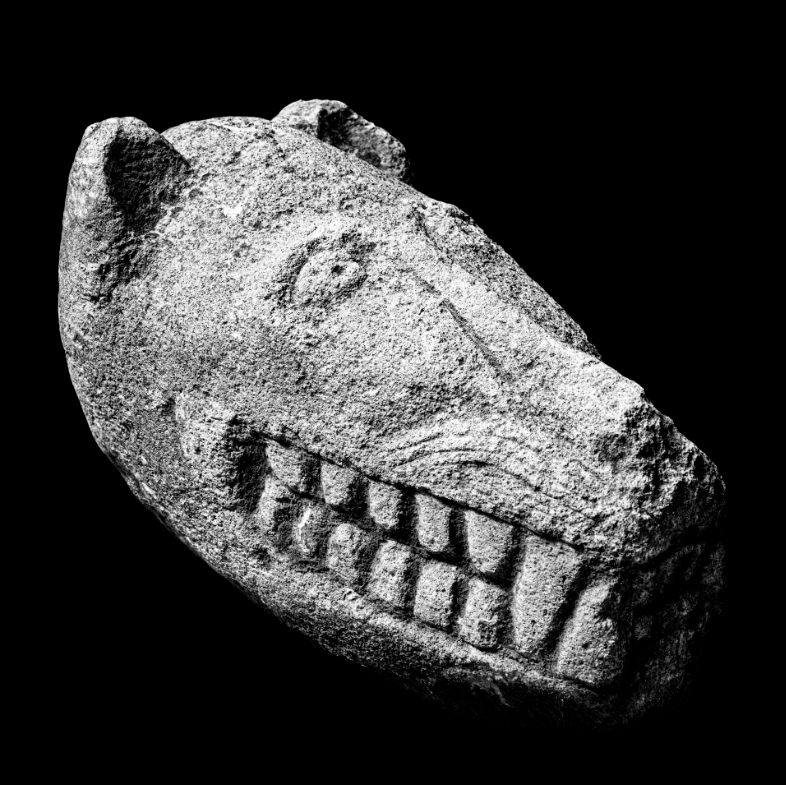
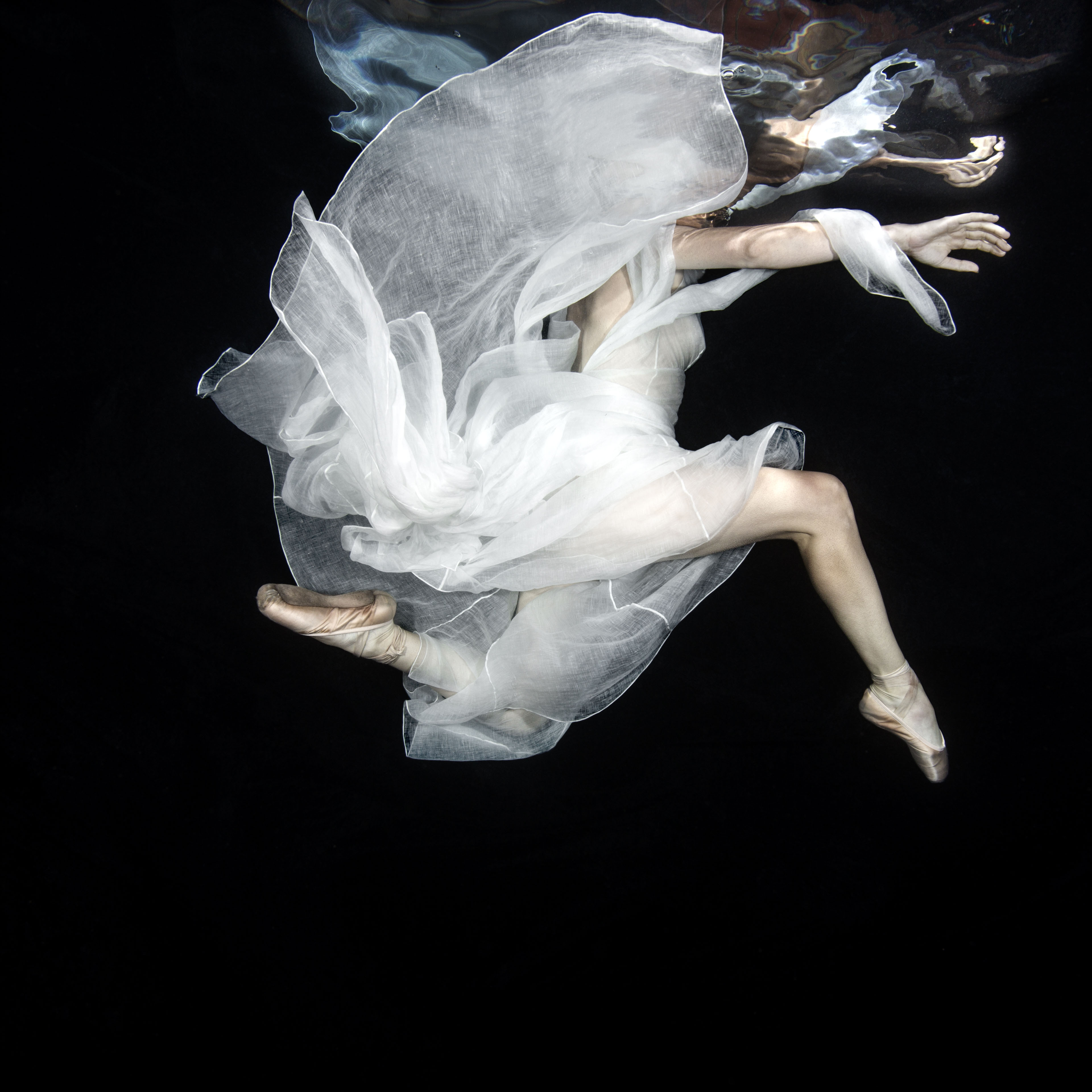
Isabel Muñoz
Bajo el agua series
2017
Platinum print
40 x 40 cm
Ed. CC
Price: 1.850 €
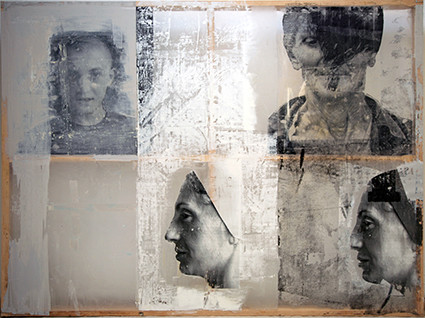
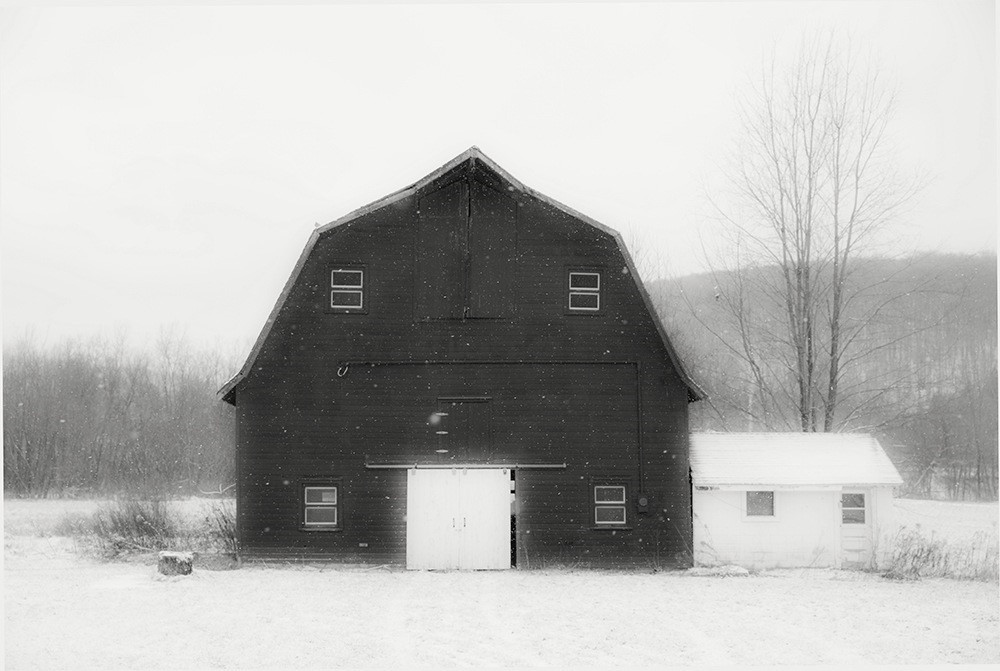
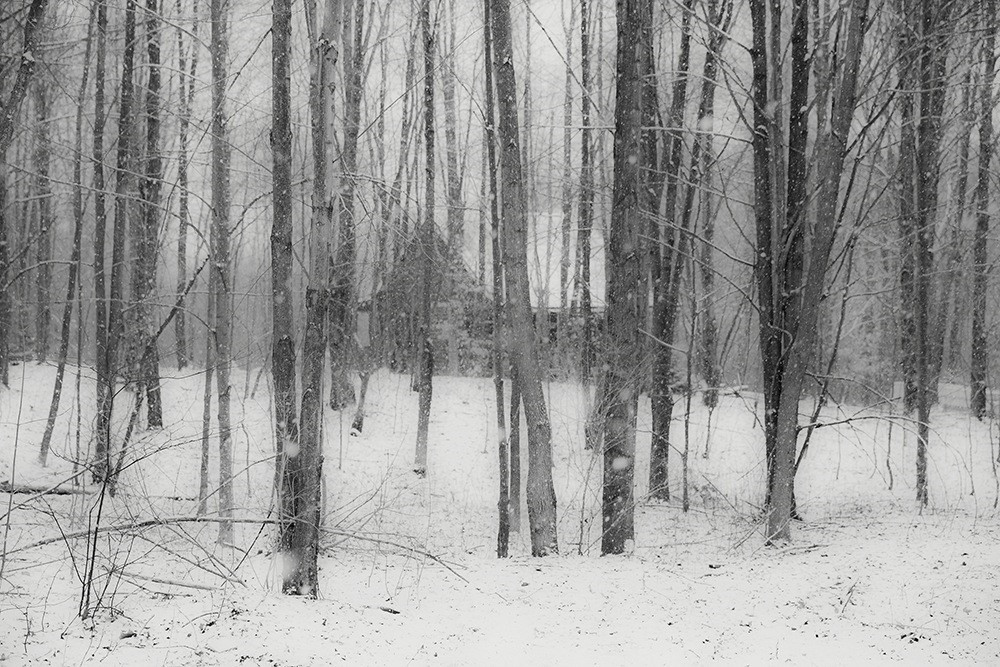

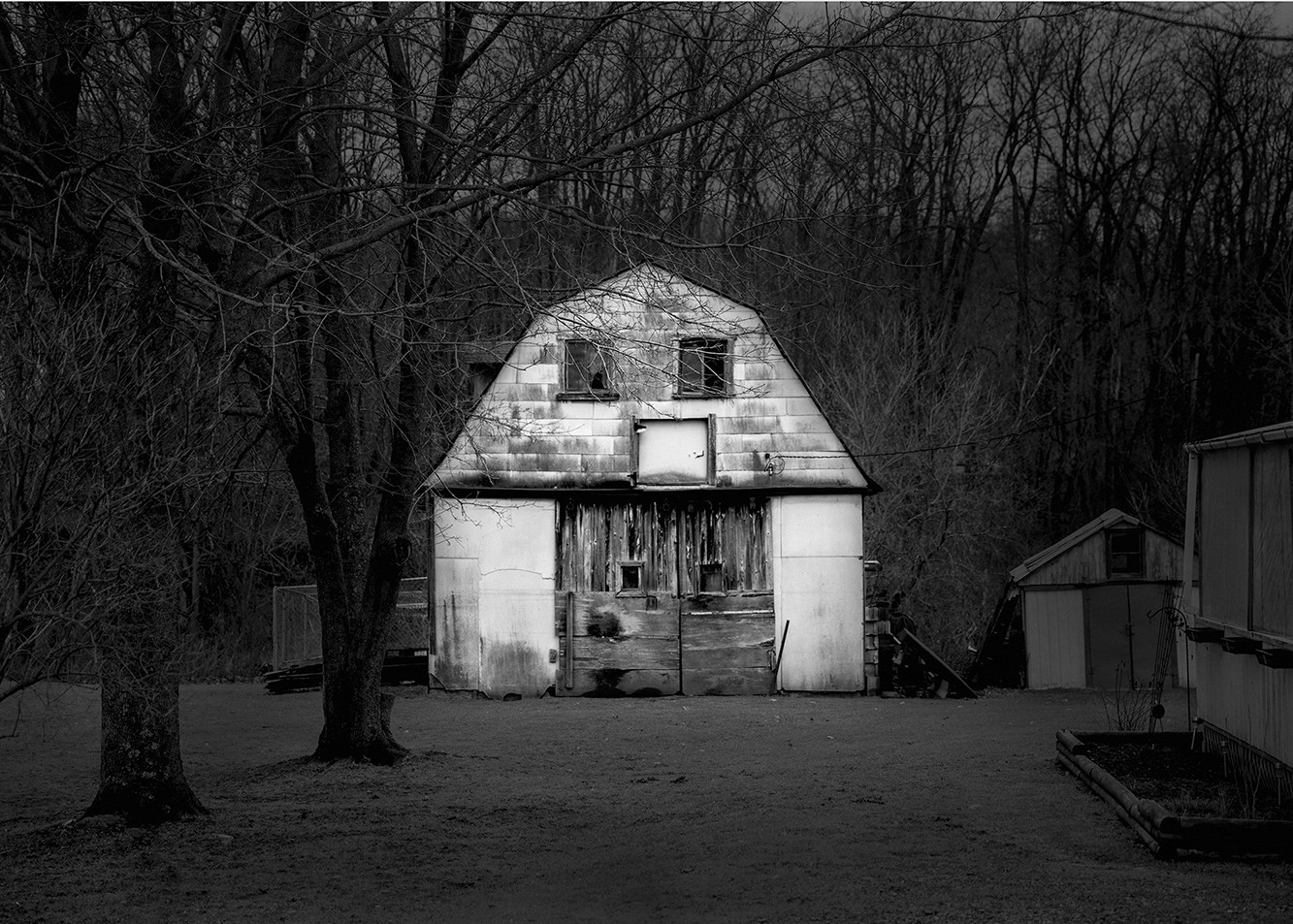
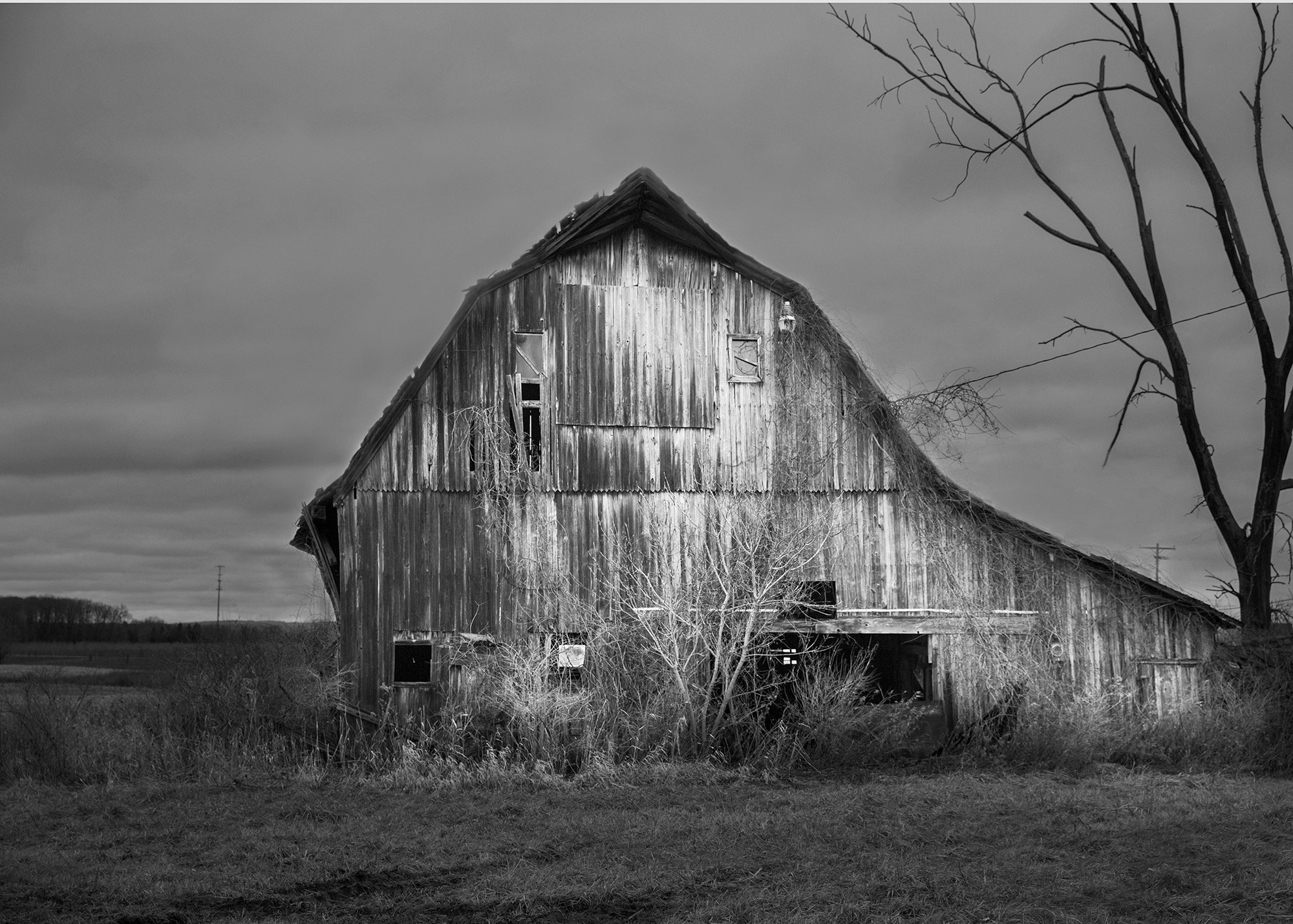
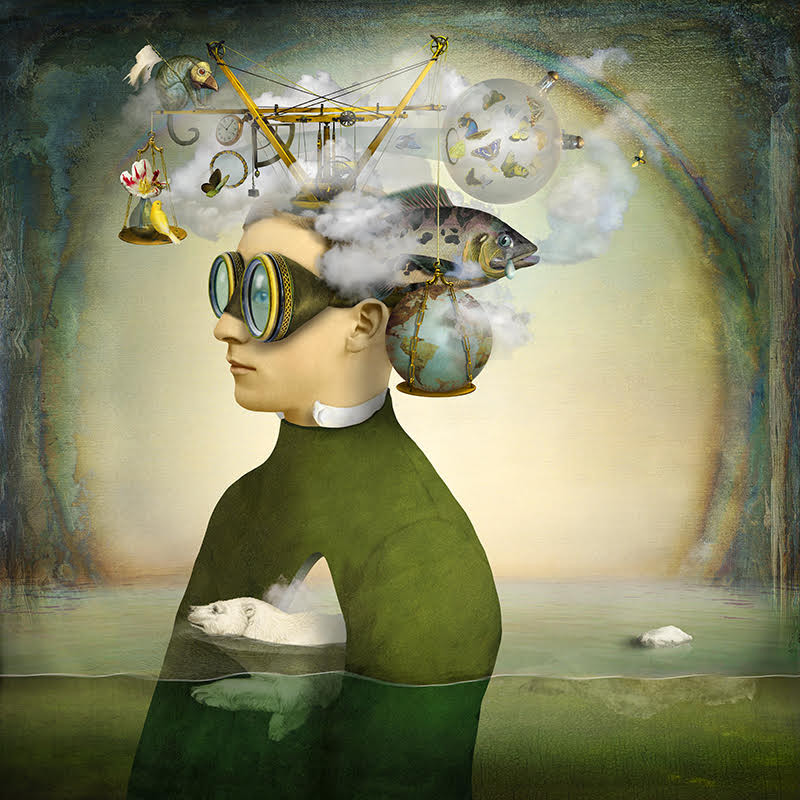
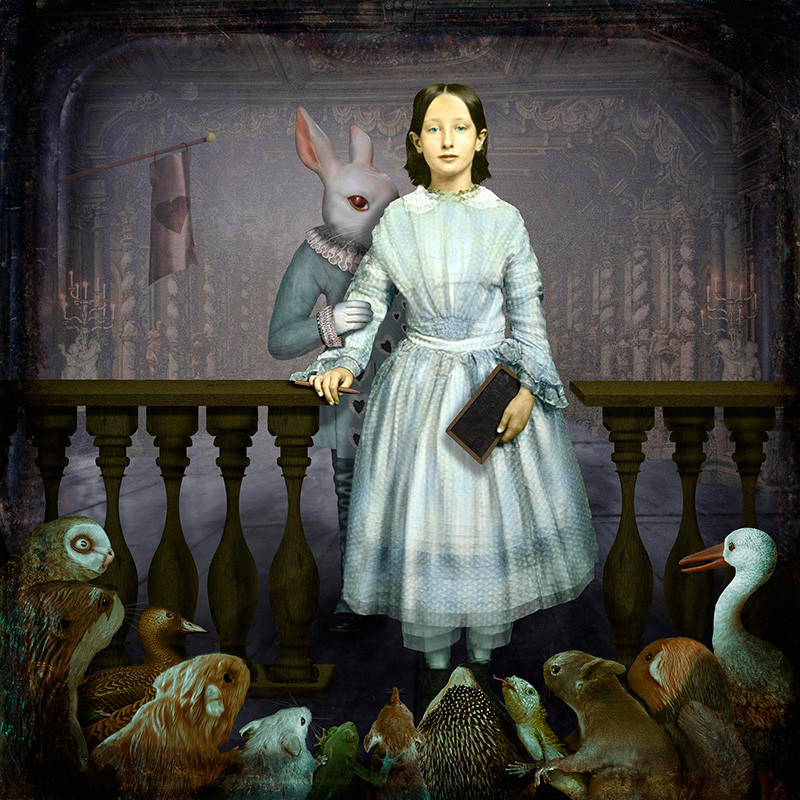
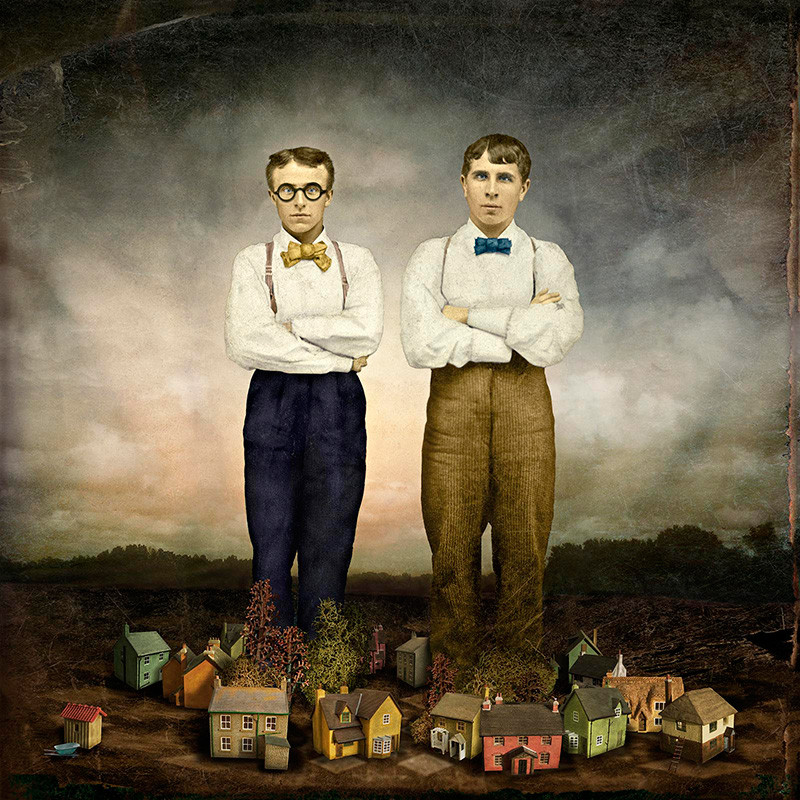
Specializing in photography and visual arts, Blanca Berlin’s commitment focuses on the most innovative trends in contemporary Spanish and international photography, represented by both established artists and mid-career or emerging talents.
Since its foundation in 2007, the gallery has become a point of reference for the classical and contemporary photography market. Specialization is an important attraction for national and international collectors who seek in our catalogs the possibility of incorporating images into their collections that are part of the story of the current and future history of photography. The proposal of photographic art is advancing hand in hand with innovation and the incorporation of new technologies, leading the discipline to establish dialogues in the first person with the plurality of contemporary visual manifestations, hybridizing their forms, blurring borders more and more.
Thus, in addition to the cycle of exhibitions, the gallery pays special attention to technological innovation and the incorporation of digital tools to spread its projects and the work of the artists it represents, also, outside the physical space of the gallery, as in its website and on its YouTube channel through virtual exhibitions, 3D presentations, or curating projects for the institutional and museum sphere. The curatorial work of Blanca Berlin, both inside the gallery and outside it, was awarded in 2020 with the Lifetime Achievement Award of MAV (Women in Visual Arts) Gallery.
artists presented
BADRI
Badri Lomsianidze was born in Kutaisi, Georgia in 1961. Between 1977 and 1979 he attended the Kutaisi School of Fine Arts in Georgia and from 1984 to 1989 he continued his studies at the V.I. Mujina School of Fine Arts LVXPV in St. Petersburg, Russia.
He is a multidisciplinary artist who eventually specialised in the field of textile design. From the very beginning he understood that textiles could be related, better than any other material, to his way of making art. The flexibility and malleability of fabrics enable their natural integration into the artist's canvases and installations, acquiring an important corporeal density full of meanings. On the other hand, the nature of this material and the expressive qualities it provides stimulate artistic creativity towards allegorical means of communication of special subtlety.
The use of heterogeneous resources contributes to the creation of a work that is characterised by its semantic and technical plurality, as well as by its own recognisable character. On the other hand, the intimacy that envelops all his work does not prevent the artist's disturbing universe from being open to the imagination of the observer. The spectator allows himself to be carried away by decadent settings and characters who do not belong to any time or place, in order to construct a story of his own, the ending of which he does not know.
FLORE
Daughter of the painter Olga Gimeno, Flore was born in the south of France in 1963. She began her photographic career in 1977 and, after studying in Toulouse, settled in Paris, where she lives and works nowadays.
She received the Carte Blanche from the city of Paris for the creation of a series on the Petit Palais, the Musée de Beaux Arts in Paris and for her photographic project around the Rivesaltes concentration camp. In 2008 she toured the Mediterranean for the realization of her series "Une femme française en Orient" and in 2014 she created the series "Choses vues au Royaume de Siam", previously exhibited in the gallery. Parallel to her artistic activity, she directed an analog photography course in Paris within the collective L'OEil de l'Esprit.
Flore defines her poetic and timeless universe as a political act, a way of positioning herself in front of what Giorgio Agamben calls "the darkness of the present". Following a long journey that took her from Saïgon to Sadec, from the rivers of the Mékong to the rice fields in the south of Cochinchina, this collection of images emerged, which are presented for the first time in Spain and which constitute a recreation of youth in Indochina by Marguerite Duras. The framed with lead thread and glass museum is also an artisanal accomplishment of the photographer of Spanish origin.
ISABEL MUÑOZ
For over forty years, Isabel Muñoz has travelled the world with her camera, portraying human feelings in their purest state. Her gaze has captured an infinite number of subjects: the dignity of primitive tribes and the violence in prisons; the sensuality of dance and the denunciation of oppression; the ecstasy that accompanies extreme suffering and the pain that is impossible to overcome. The catalan artist has photographed practically all the feelings and emotions harboured by the human species, including those of our ancestors.
In 2016 she was recognised with the National Photography Award in Spain, having previously won prestigious awards such as the World Press Photo 1999 and 2004, the Bartolomé Ross Award, the Unicef Award, the Gold Medal for Merit in Fine Arts in 2009, the Madrid Community Award, among others. In 2018 she was one of those invited by the Friends of the Prado Foundation to reflect on the artistic and historical richness of the museum, creating two exclusive pieces for its collection. Isabel has recently been elected member of the Real Academia de Bellas Artes de San Fernando in the New Image Arts Section.
MAGGIE TAYLOR
Maggie Taylor (born 1961 in Cleveland, Ohio) is an artist who works with digital images. She won the Santa Fe Center for Photography's Project Competition in 2004.[1][2] Her work has been widely exhibited in the United States and Europe and is represented within the permanent collections of several galleries and museums.
Her work has evolved from black and white urban landscapes to personal and colorful narrative images.[4] The early beginnings of her process consisted of setting up found objects and photographs to create collages that she would photograph in film. This was expensive and required extra consideration as one mistake could ruin the resulting images. She produces prints by taking digital photographs and scanning objects into a computer using a flatbed scanner, then layering and manipulating these images using Adobe Photoshop into a surrealistic montage. The flexibility of Photoshop technology allowed her to bypass these issues and shift her process to creating different layers that come together in a single image.[5] The creative director of Adobe first asked Maggie Taylor's husband at the time, Jerry Uelsmann, to try using the program Photoshop.[6] Uelsmann didn't like the program, but Taylor was intrigued by its abilities and started to experiment with it more. At first it was just a hobby to play around with photographs, but soon she was using it to create all her artwork.
RAMÓN MASATS
In 1957, at 26, Ramón Masats arrived in Madrid to work professionally in photography. Like his countryman Josep Plá almost half a century earlier, Masats brought back from Barcelona echoes of local life and the ancient wisdom of simple people, made to the habit of sacrifice and uncertainty. And, like the Empordà teacher, he arrived at the capital armed with an infrequent common sense, an intuitive suspicion towards all kinds of truth canonized by habit and a visceral aversion for the solemn, belligerent or supposedly artistic.
A look that did not call for nostalgia, but for joy and visual glare. Indicated for metaphysics, he was suspicious of the mediocrity of those who then passed for undisputed masters, although it was not easy to find a doctrine with which he could be identified, apart from the one he stubbornly built for himself with a silent and obstinate determination, treasuring , in addition, a more ironic sense than sarcasm and a deep sarcasm, on which he was constructing that character of his, transgressor and irreverent, that would mark then his best photograph.
In such long years of profession, the only thing that Masats has not lost is his propensity for misanthropy and his penchant for solitude and seclusion. It is not surprising that he was one of the Spanish photographers least frequented by experts and gallerists. However, he has not been able to avoid some requests, such as the one that led him in 1999 to make a monumental retrospective or geroanthological exhibition, as he ironically likes to repeat.
Entrenched in his stubborn stubbornness, he receives the recognitions -in recent years he has accumulated: National Photography Award, Prize of the Plastic Arts of the Community of Madrid, Bartolomé Ros Award ...- with indulgent complacency and some sly rejoicing.
Catalan in Madrid and Madrid in Catalonia, this citizen of the world who never sought fortune or celebrity only now aspires, like his admired Walter Benjamin, glory without fame, greatness without brightness and dignity without pay. Although this is never known.
-Publio López Mondéjar